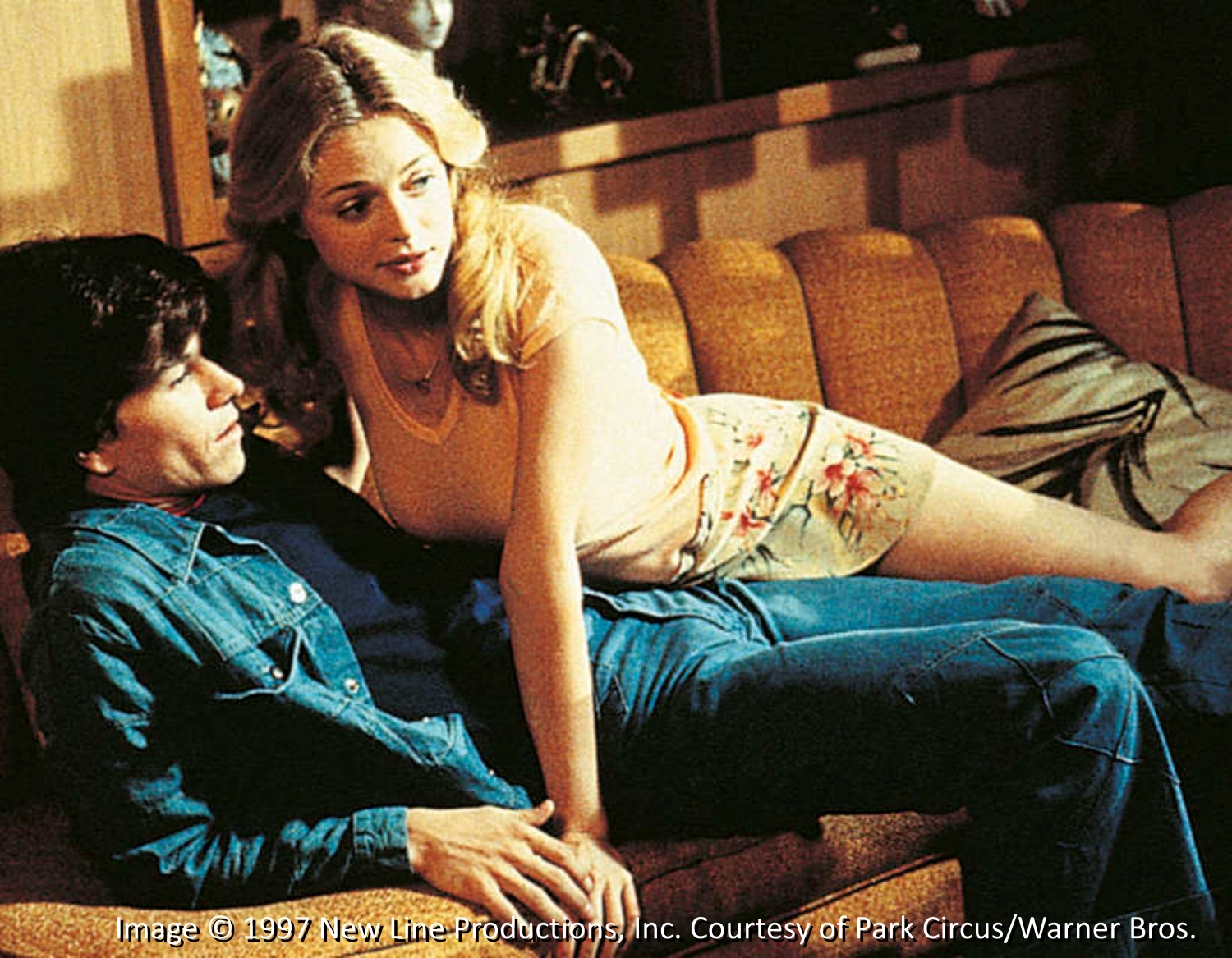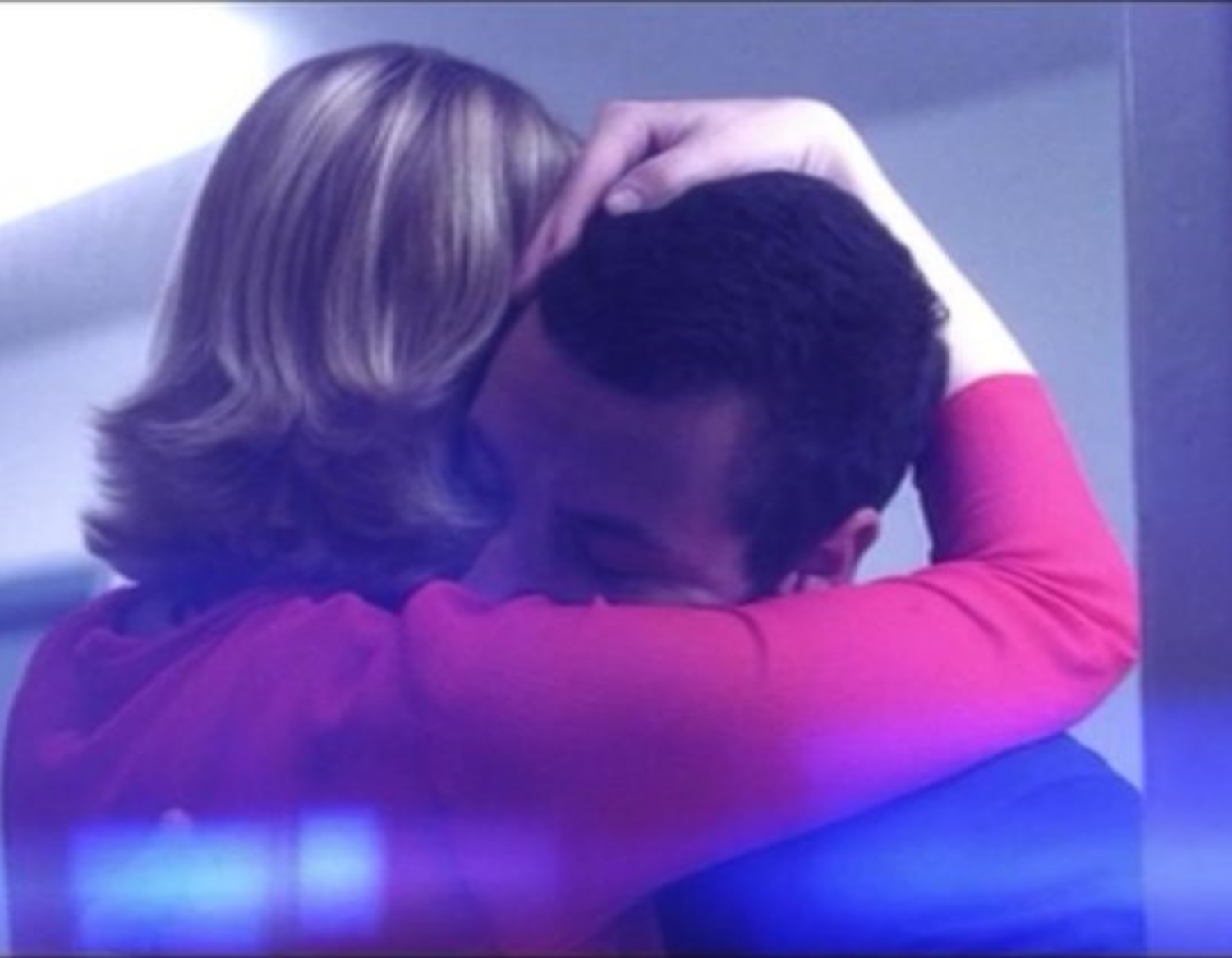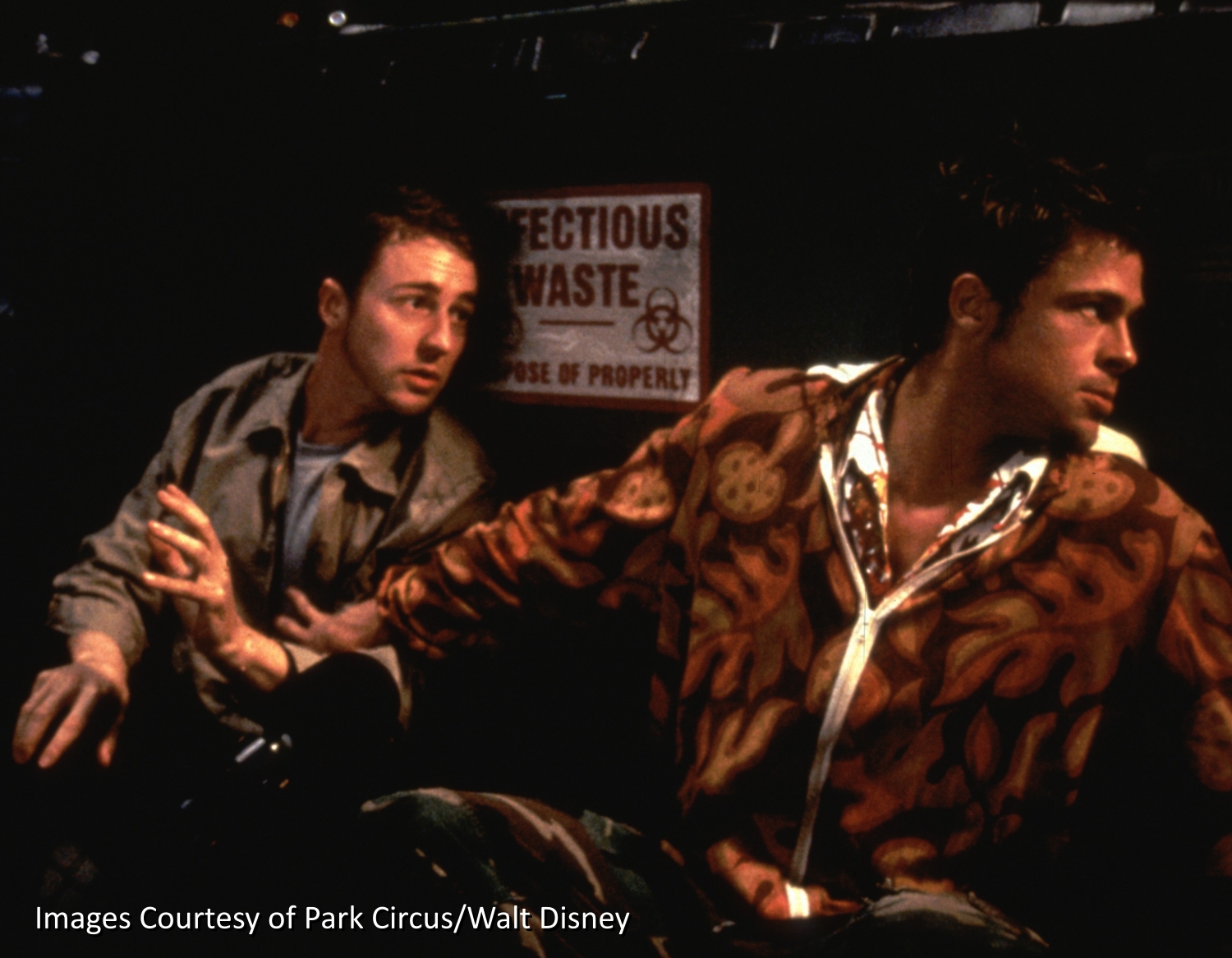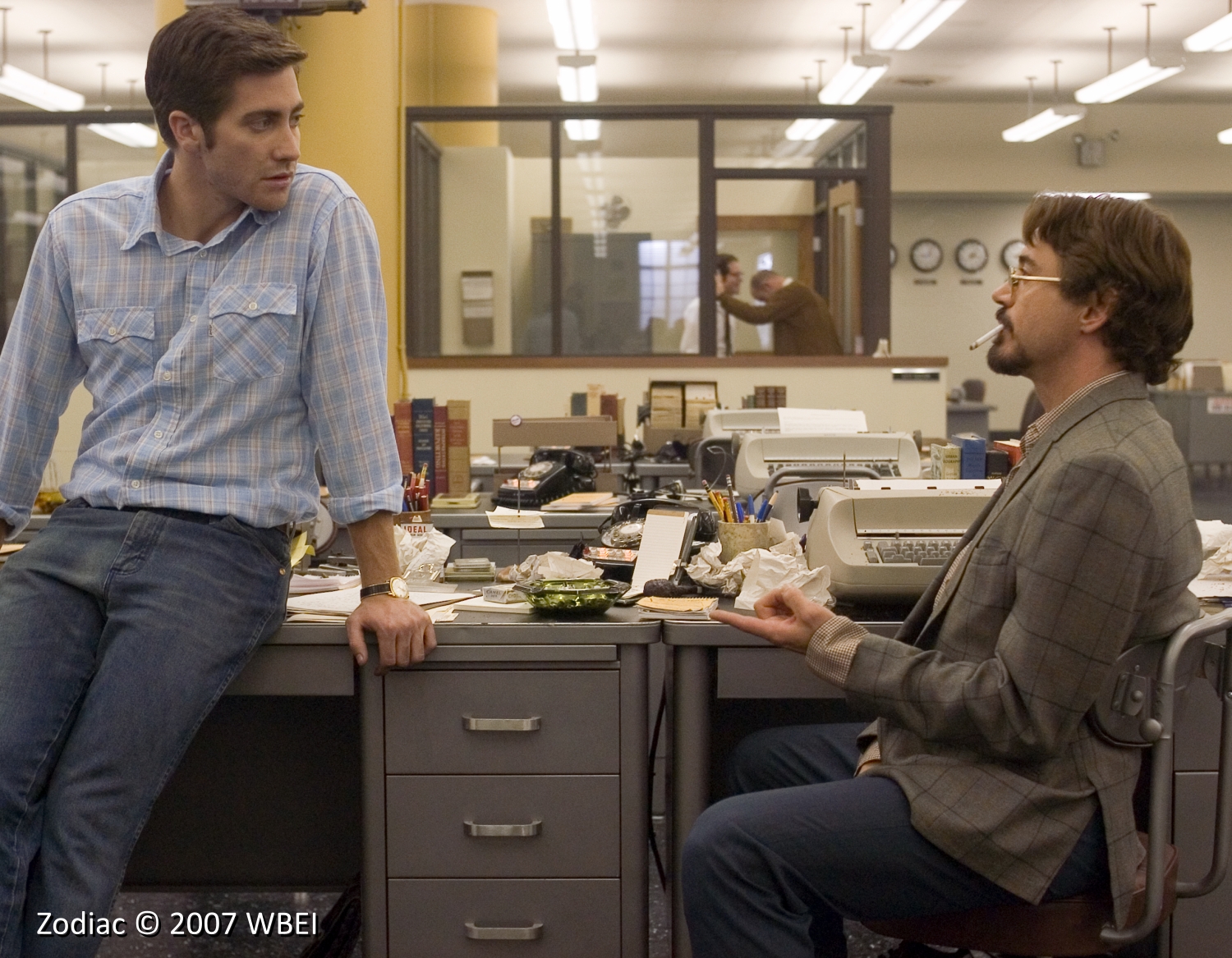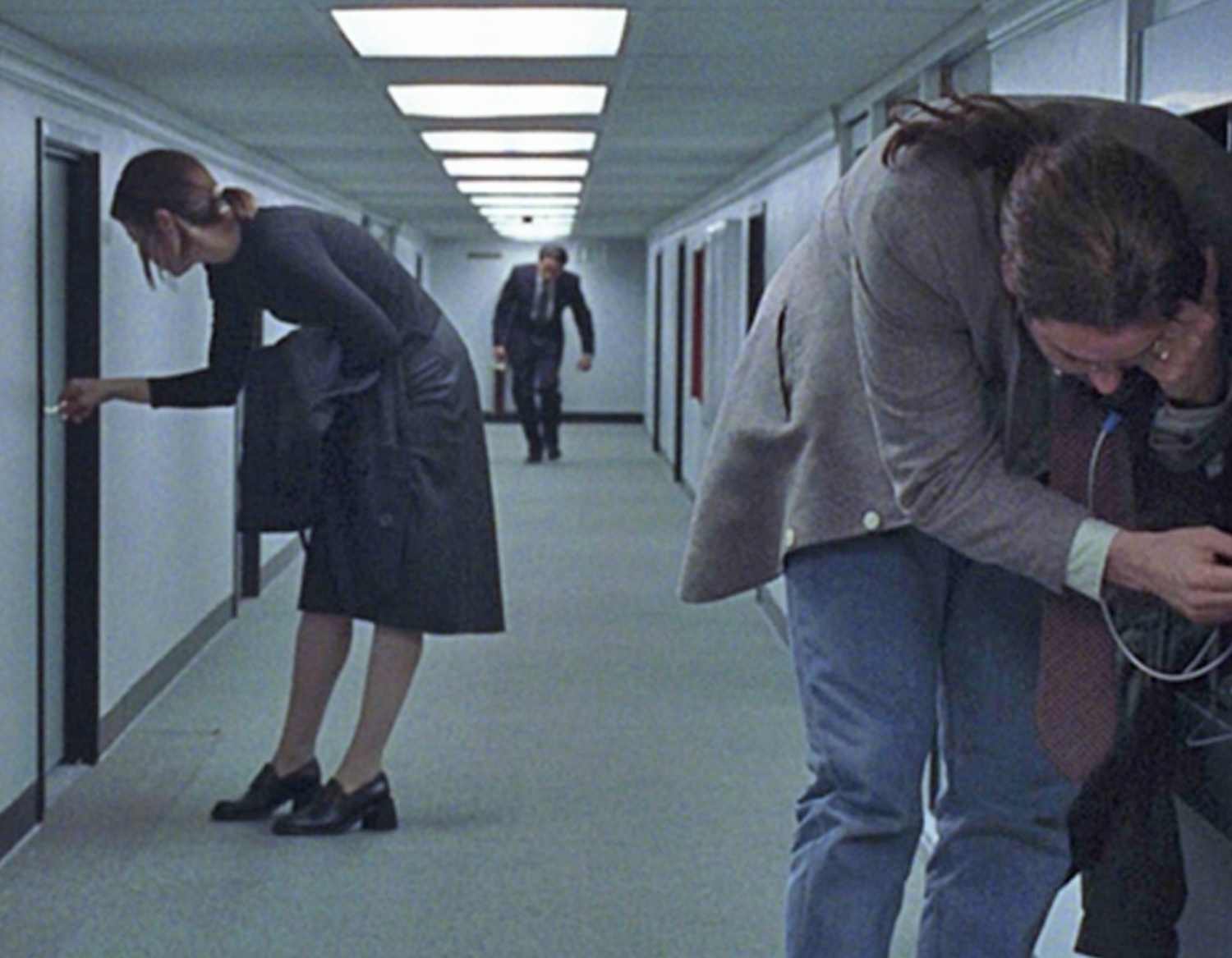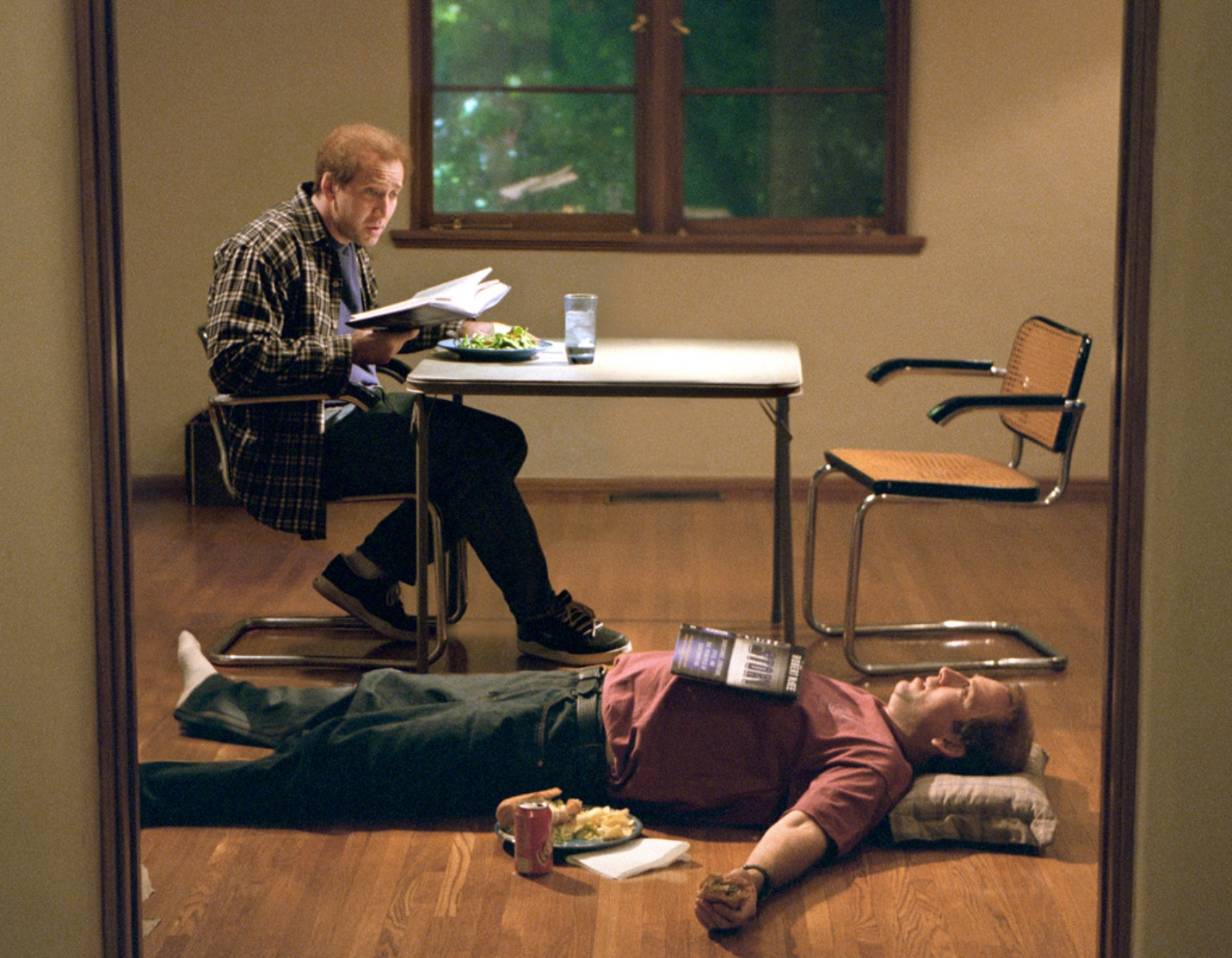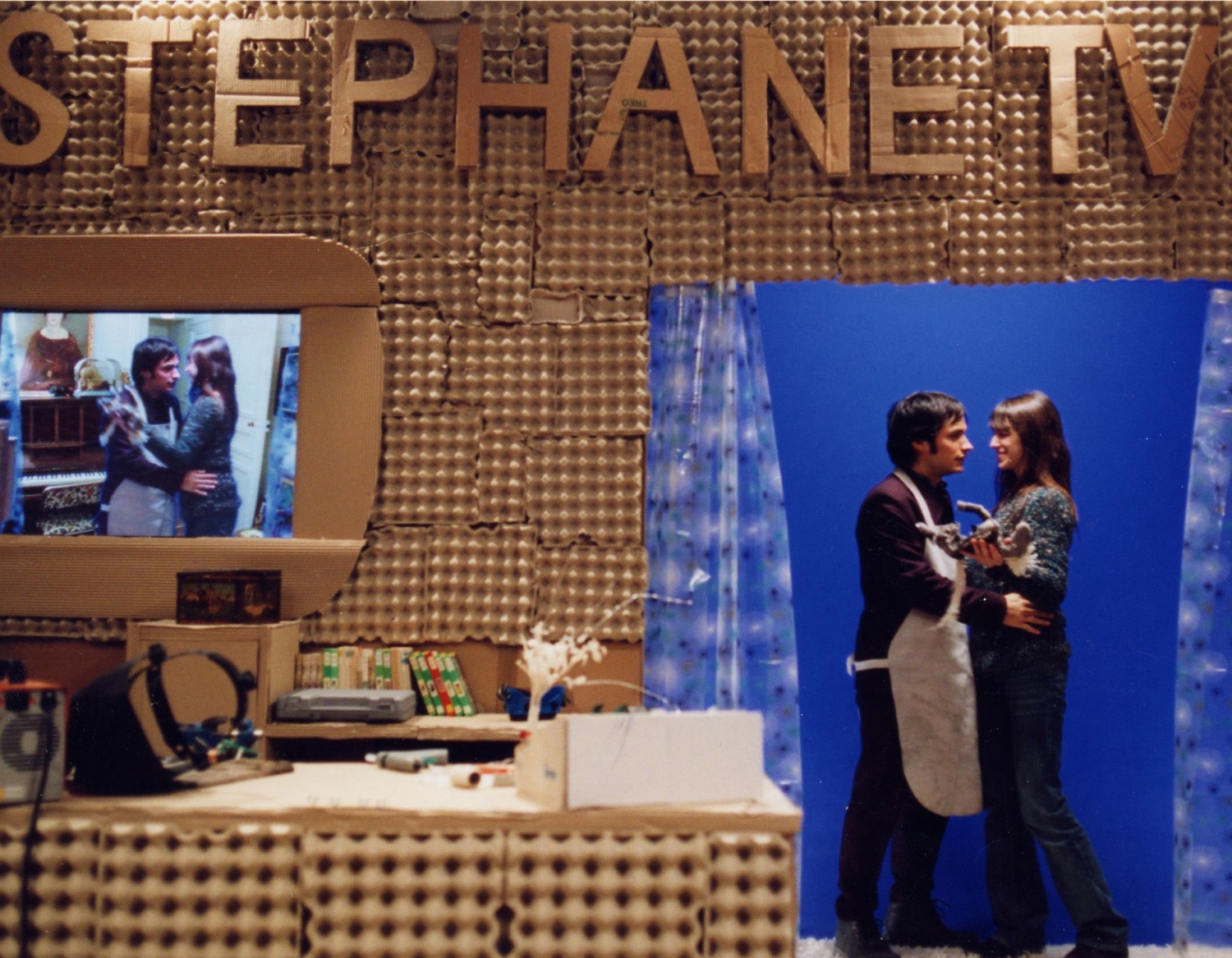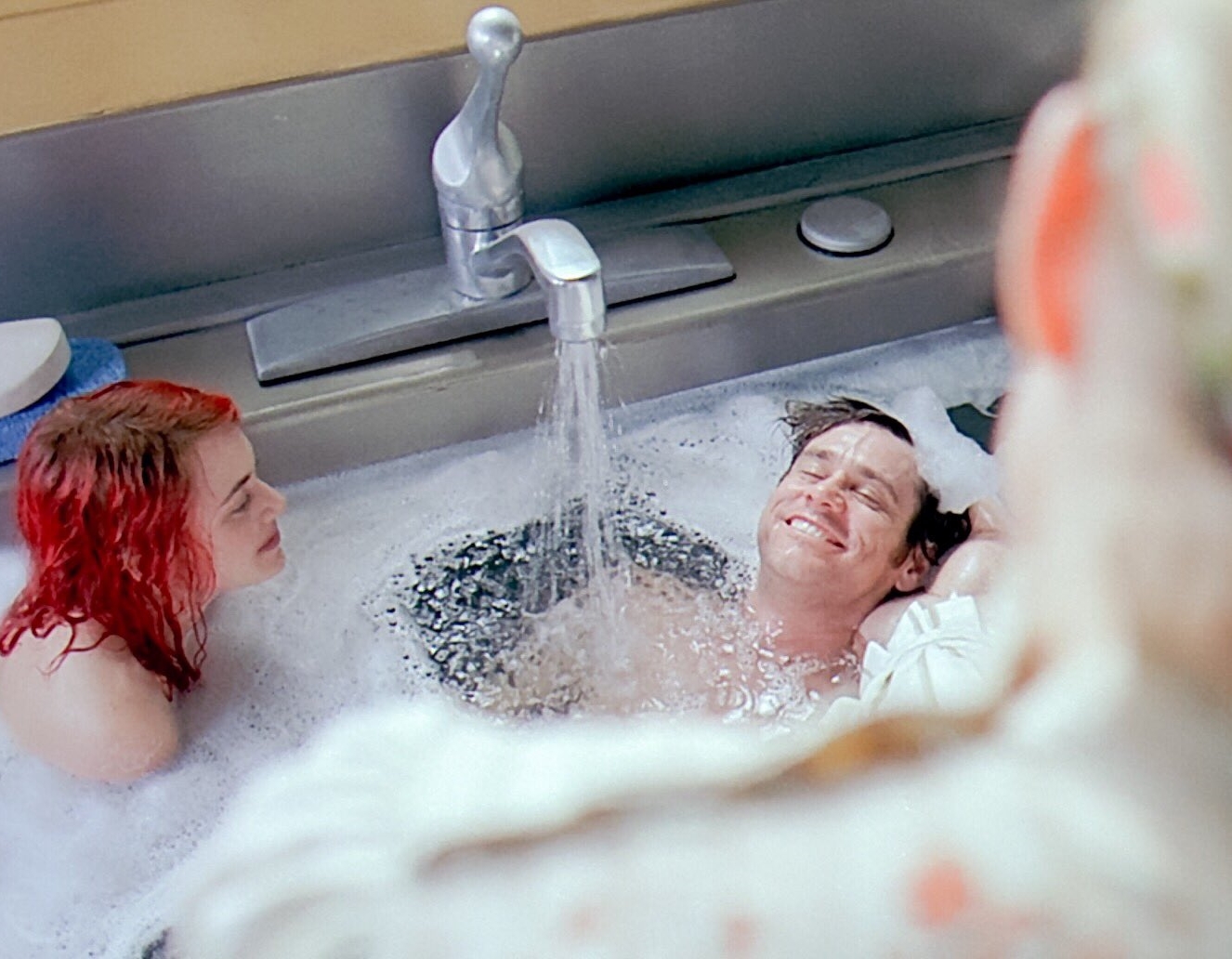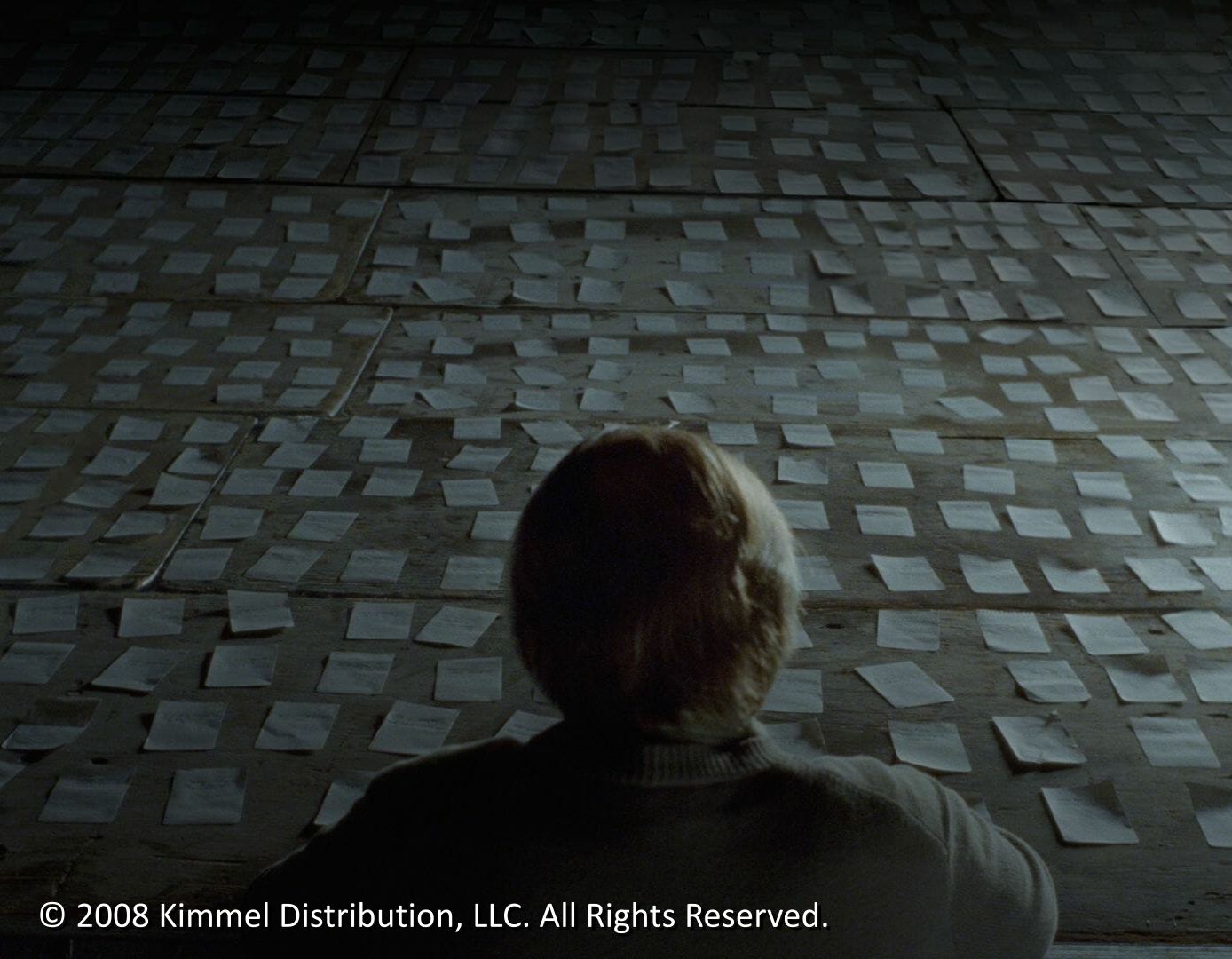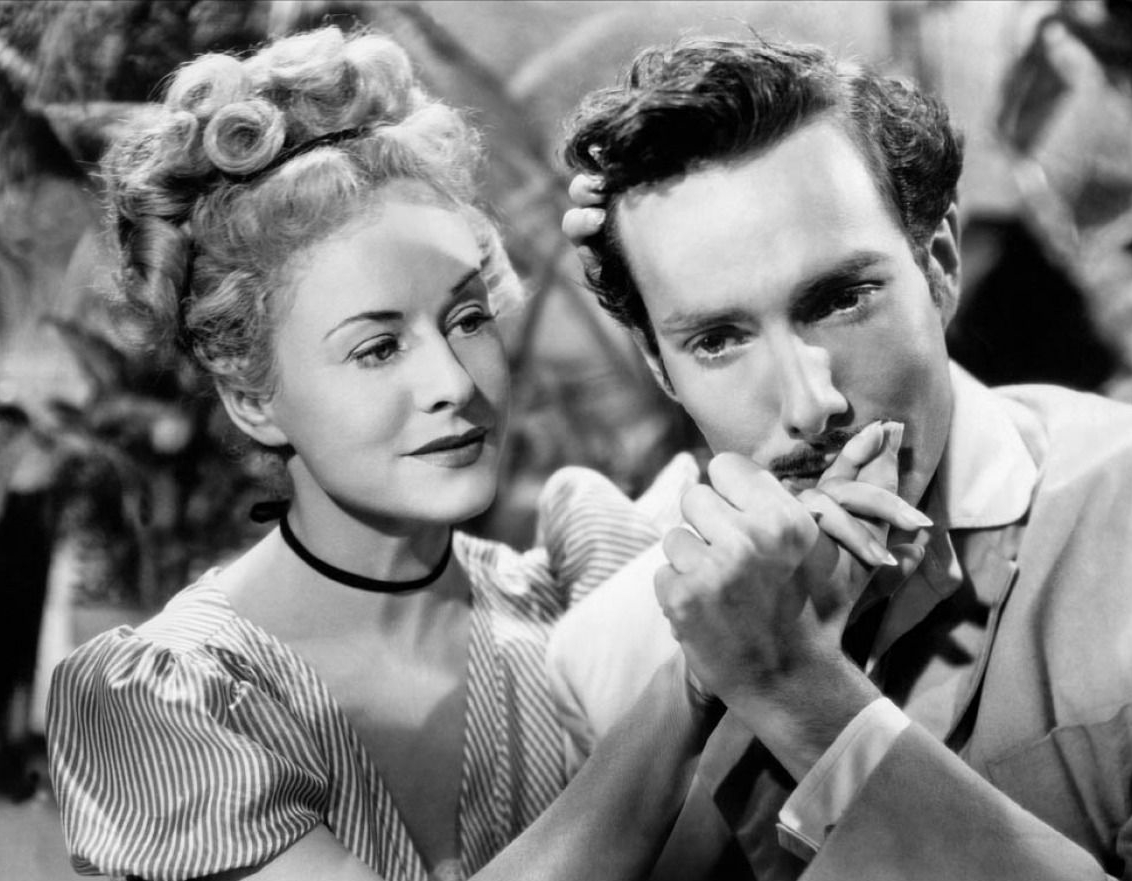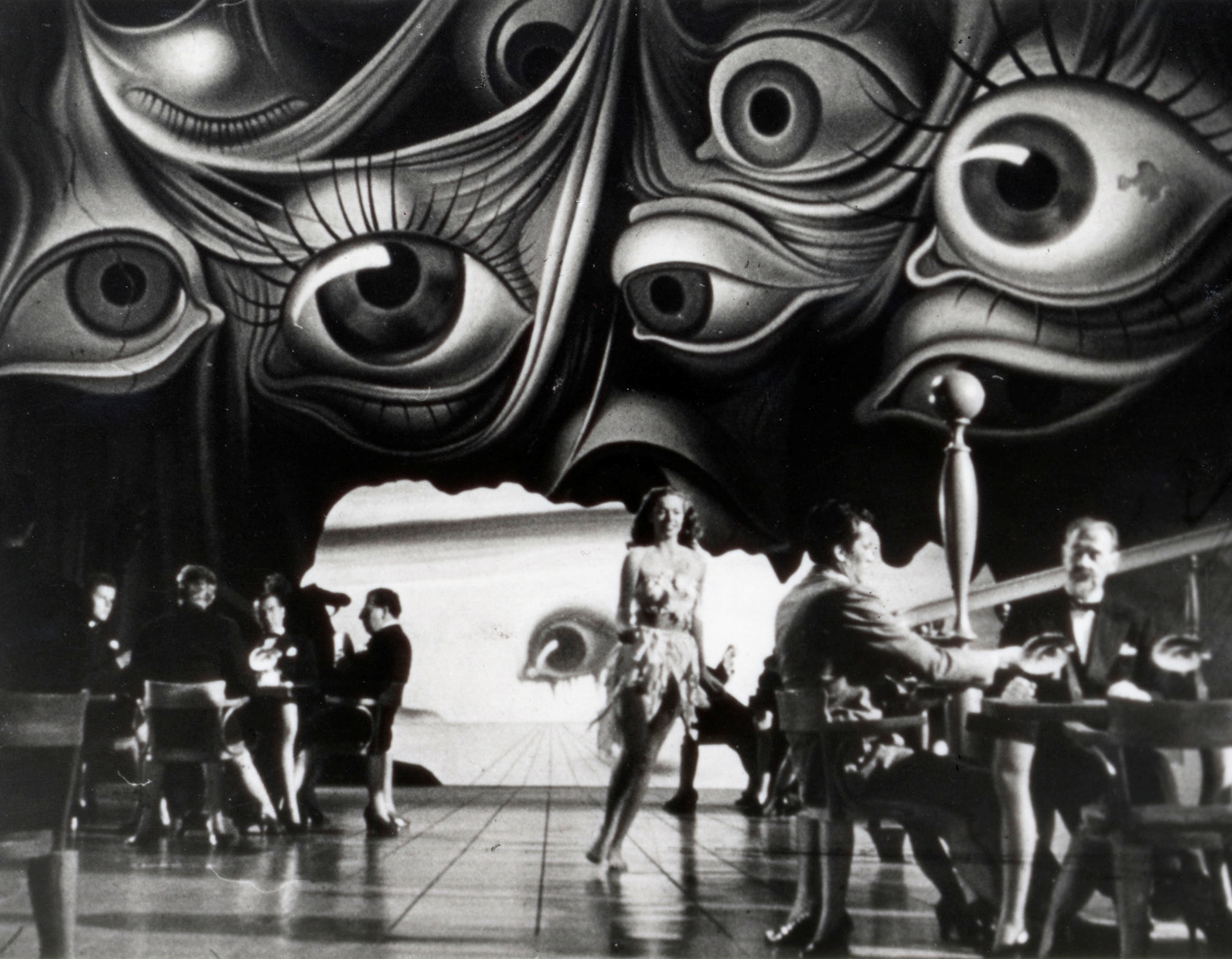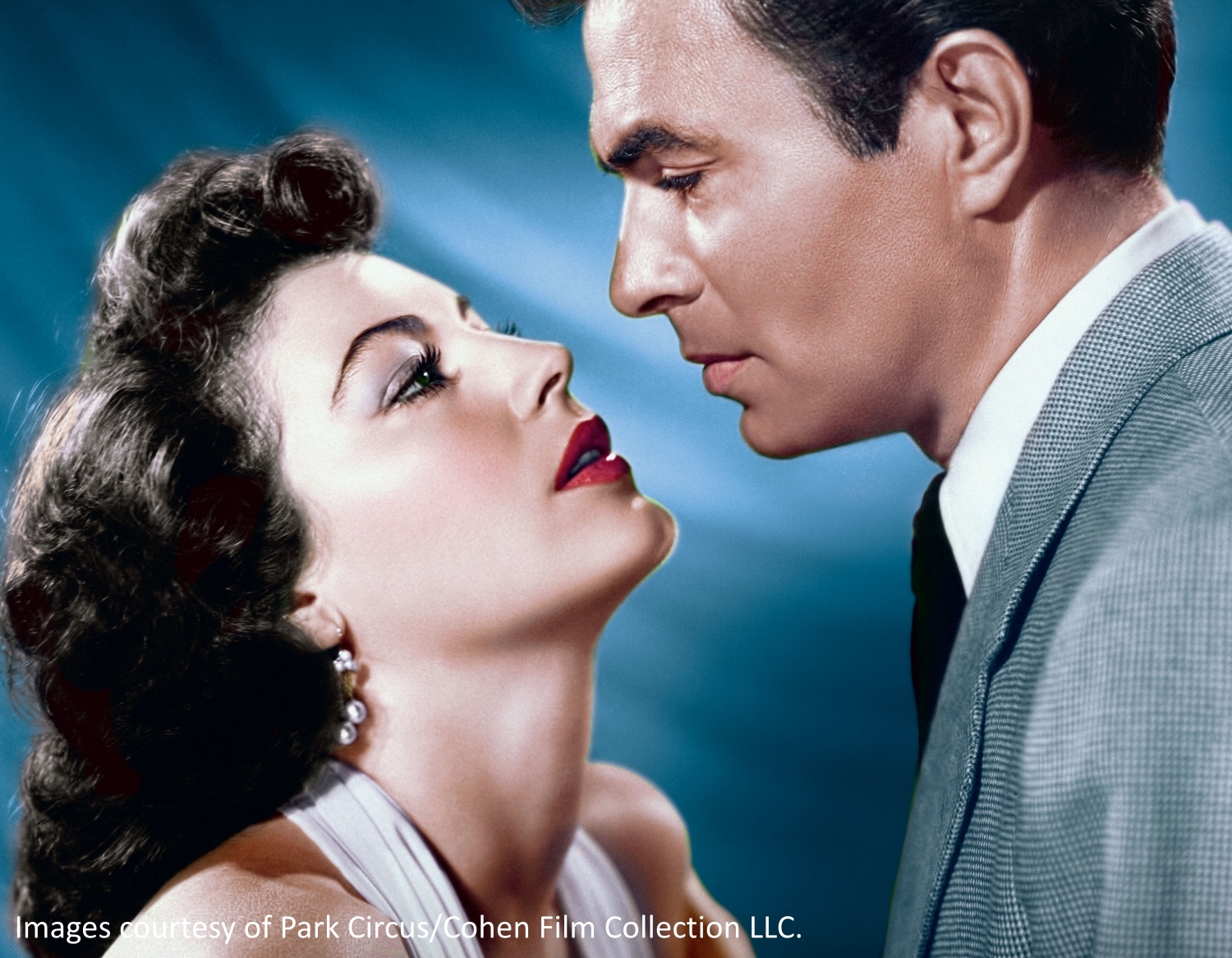2023
Evolving Beyond Surrealism - The Cinema of Luis Buñuel
‘Surrealism taught me that man is never free, yet fights for what he can never be.’
This uncompromising [...]
‘Surrealism taught me that man is never free, yet fights for what he can never be.’
This uncompromising spirit exemplifies the life and work of Luis Buñuel (1900-83), a master filmmaker who led avant-garde surrealism of our time. Born to a wealthy Spanish family, he however loathed conformism and the values that made up middleclass morality. Through combining surrealist non sequiturs with taboo-shattering attacks, he launched his battles against the bourgeoisie, the church, social confines and nationalism, aiming to dismantle the conventional ideas and established orders, all the while driving people to see their existence and reality from a brand new perspective.
Ever since his debut short An Andalusian Dog, Buñuel has never ceased to shock the world with his provocative ideas and startling images. Though he and Dalí went on separate paths after The Golden Age, he always remained true to the fundamental surrealist principles: a spirit of rebellion, the power of subversion, a belief in the creativity of the unconscious, a taste for black humour, as well as an enduring contempt for institutions. His films were always banned, and led to his exile in Mexico for 20 years. Yet, it is Los Olvidados, an acclaimed film made during that difficult period, that opened his doors for international co-productions.
While devoted to the aesthetics of the irrational, Buñuel’s psychedelic, disjointed style is always under meticulous shaping. Through this directness and simplicity, he staged his outrageous, violent liberation of the mind. ‘The true originality of Buñuel’s cinema is that it slips into the mound of the most clichéridden type of filmmaking, and then destroys it by bursting out from within.’ In his most celebrated masterpieces including The Exterminating Angel, The Discreet Charm of the Bourgeoisie and The Phantom of Liberty, the auteur always begins with an elegant scene of bourgeoisie respectability, then proceeds to tear down its glamour and reveal its hypocrisy. In his sixties, Buñuel became a formidable director who effortlessly blurs the line between fantasy and reality, myth and mundanity, reaching the pinnacle of his career.
‘I’m still an atheist, thank God.’ Buñuel’s famous quote may sound paradoxical, yet it befittingly reflects his conviction: ‘In a world as badly made as ours, there is only one road – rebellion.’
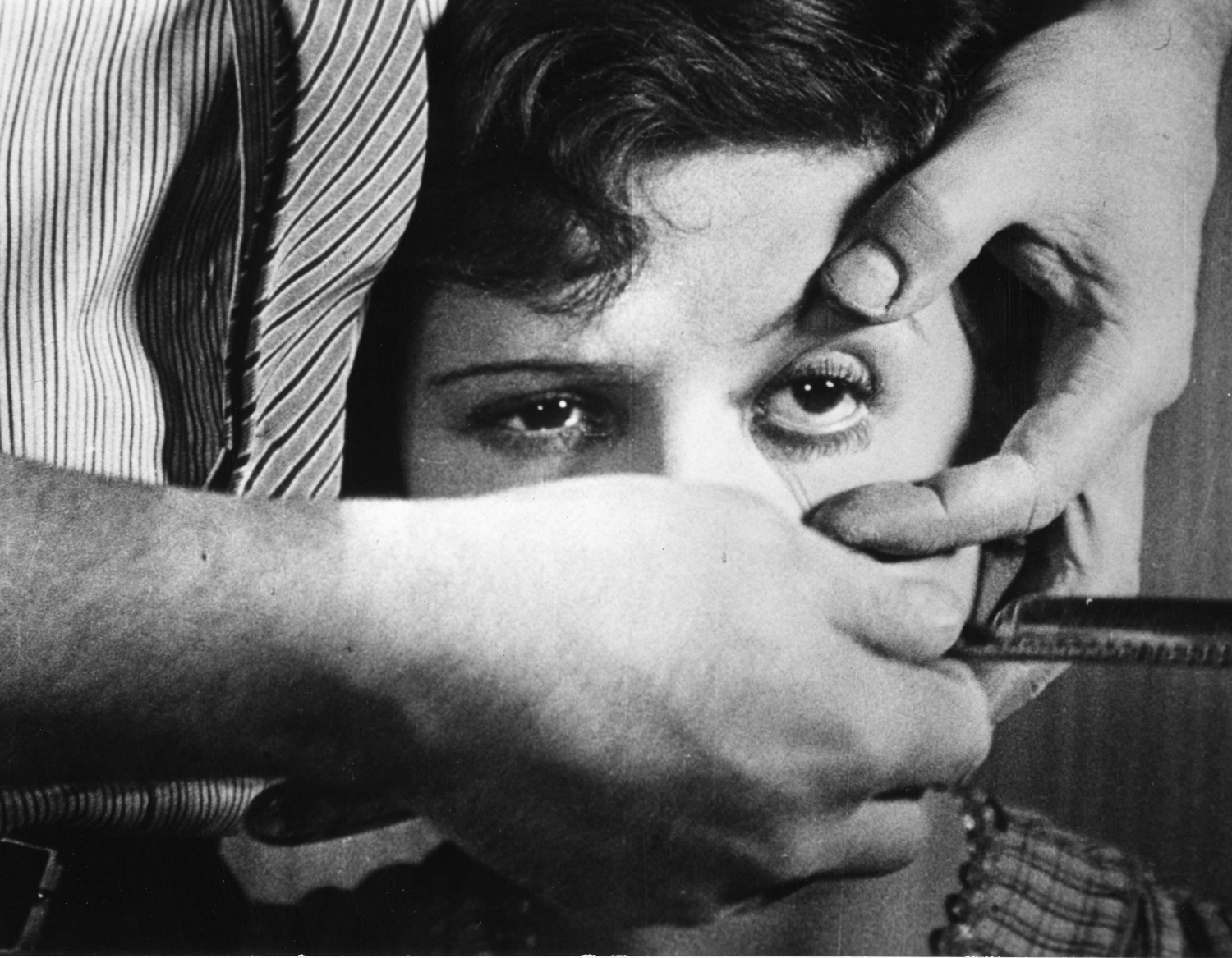
An Andalusian Dog
Read more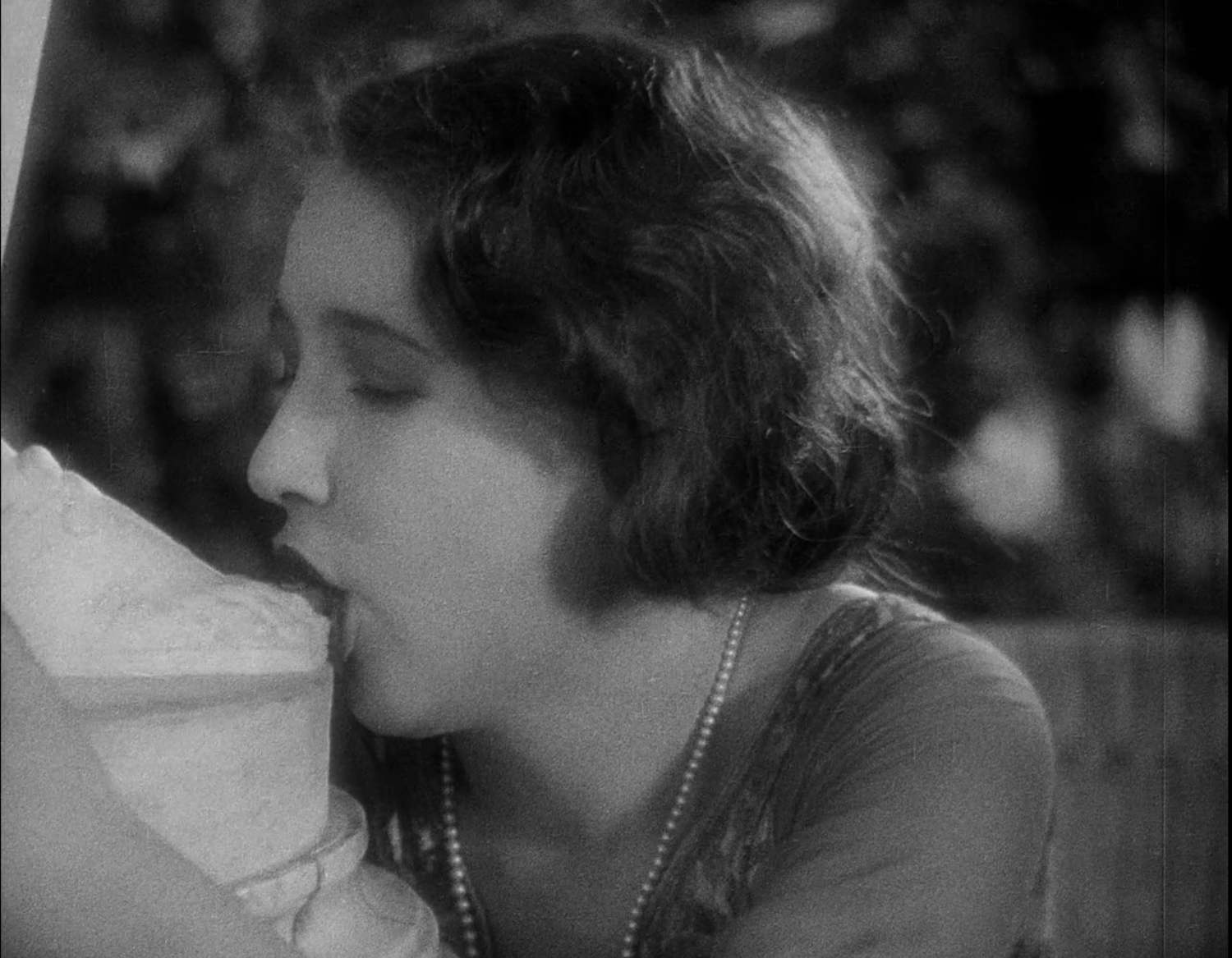
The Golden Age
Read more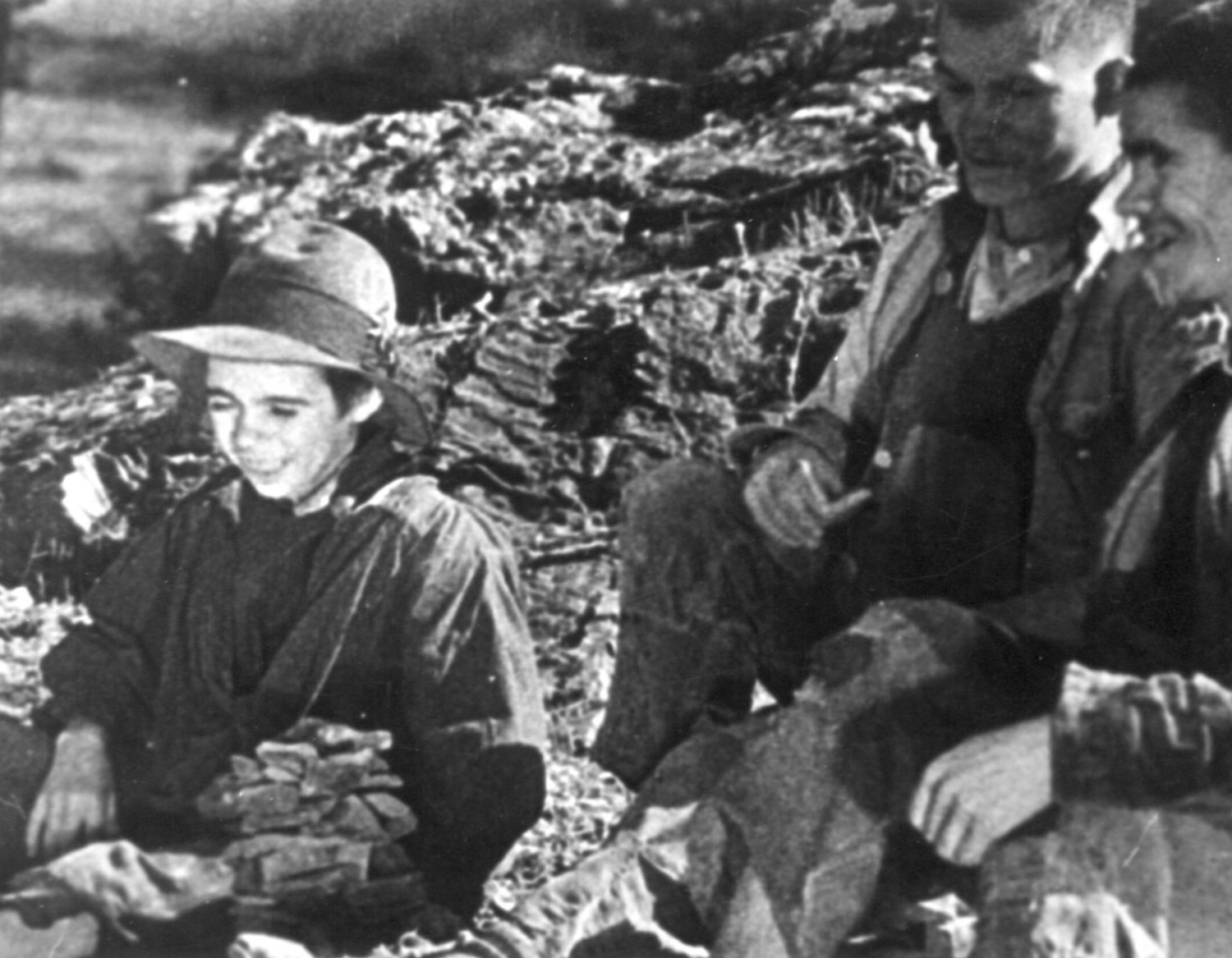
Land without Bread
Read more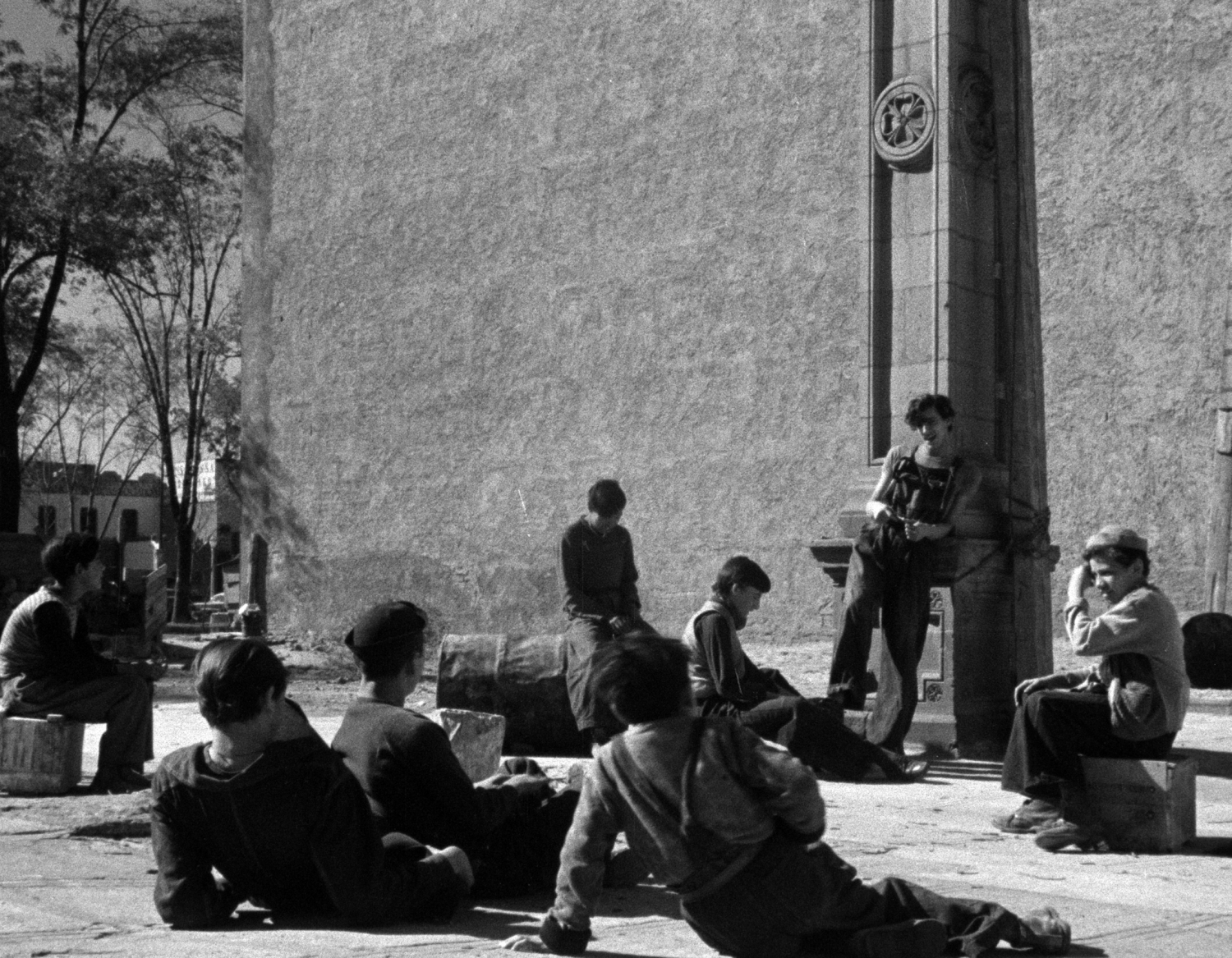
Los Olvidados (a.k.a. The Young and the Damned)
Read more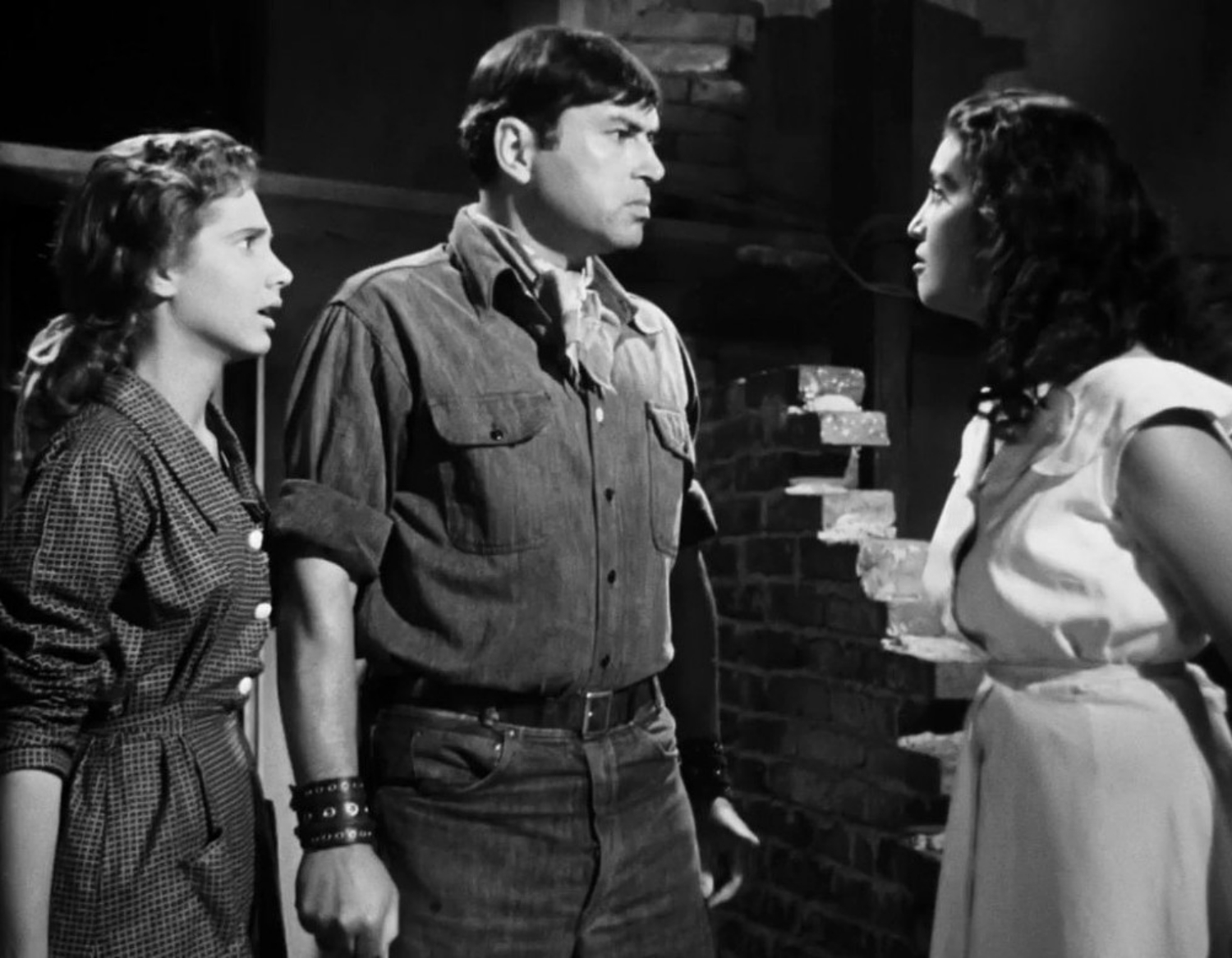
The Brute
Read more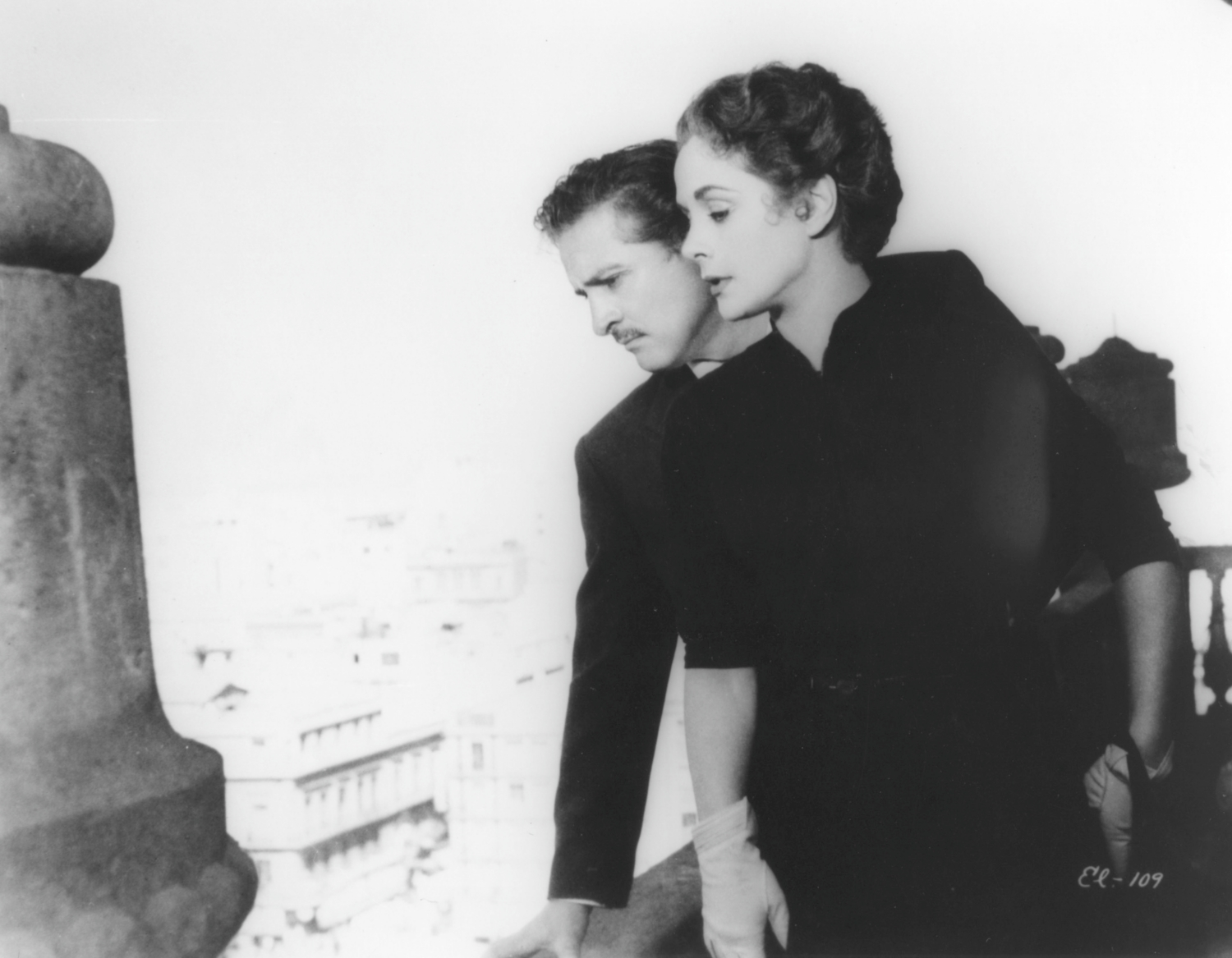
El (a.k.a. This Strange Passion)
Read more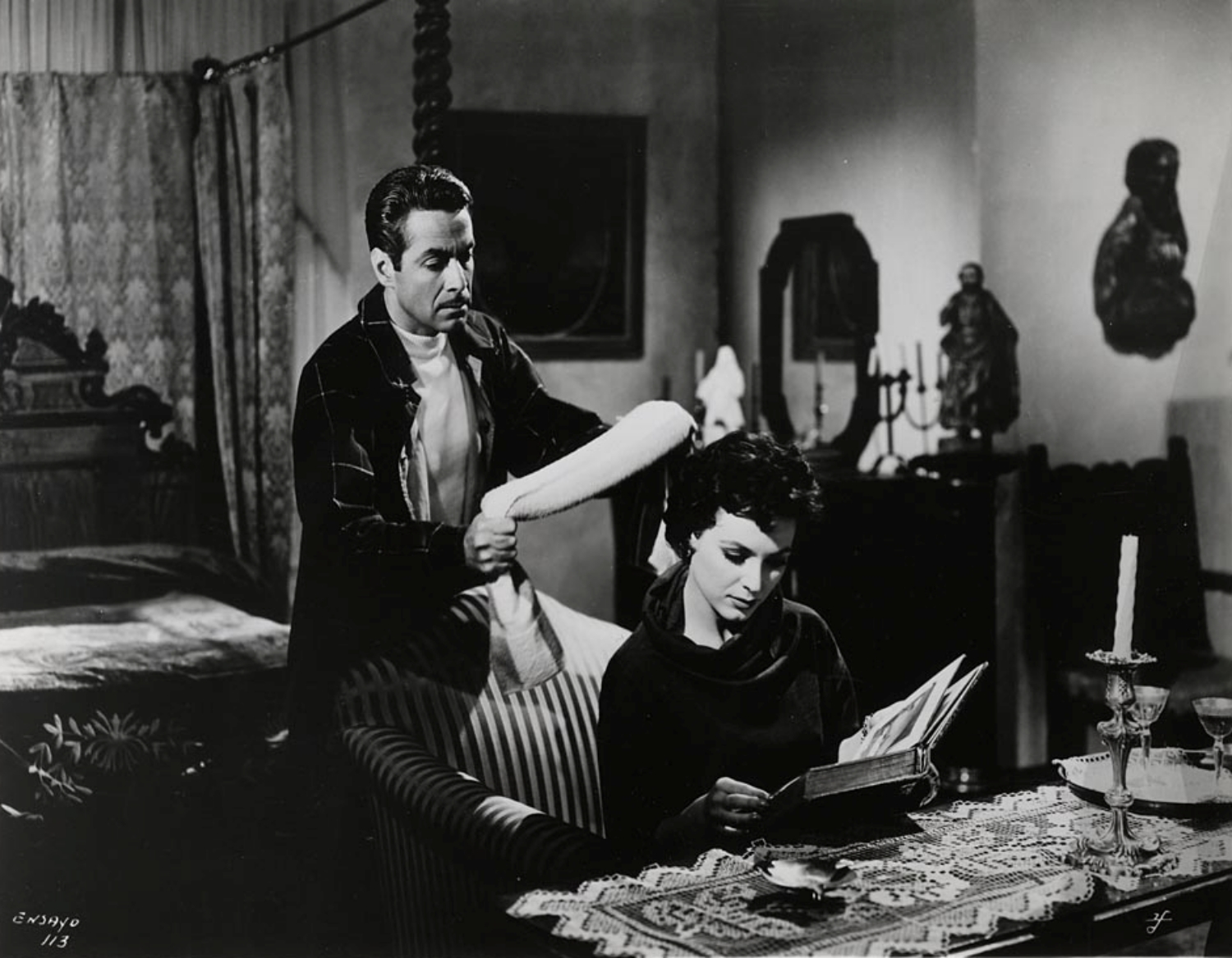
The Criminal Life of Archibaldo de la Cruz
Read more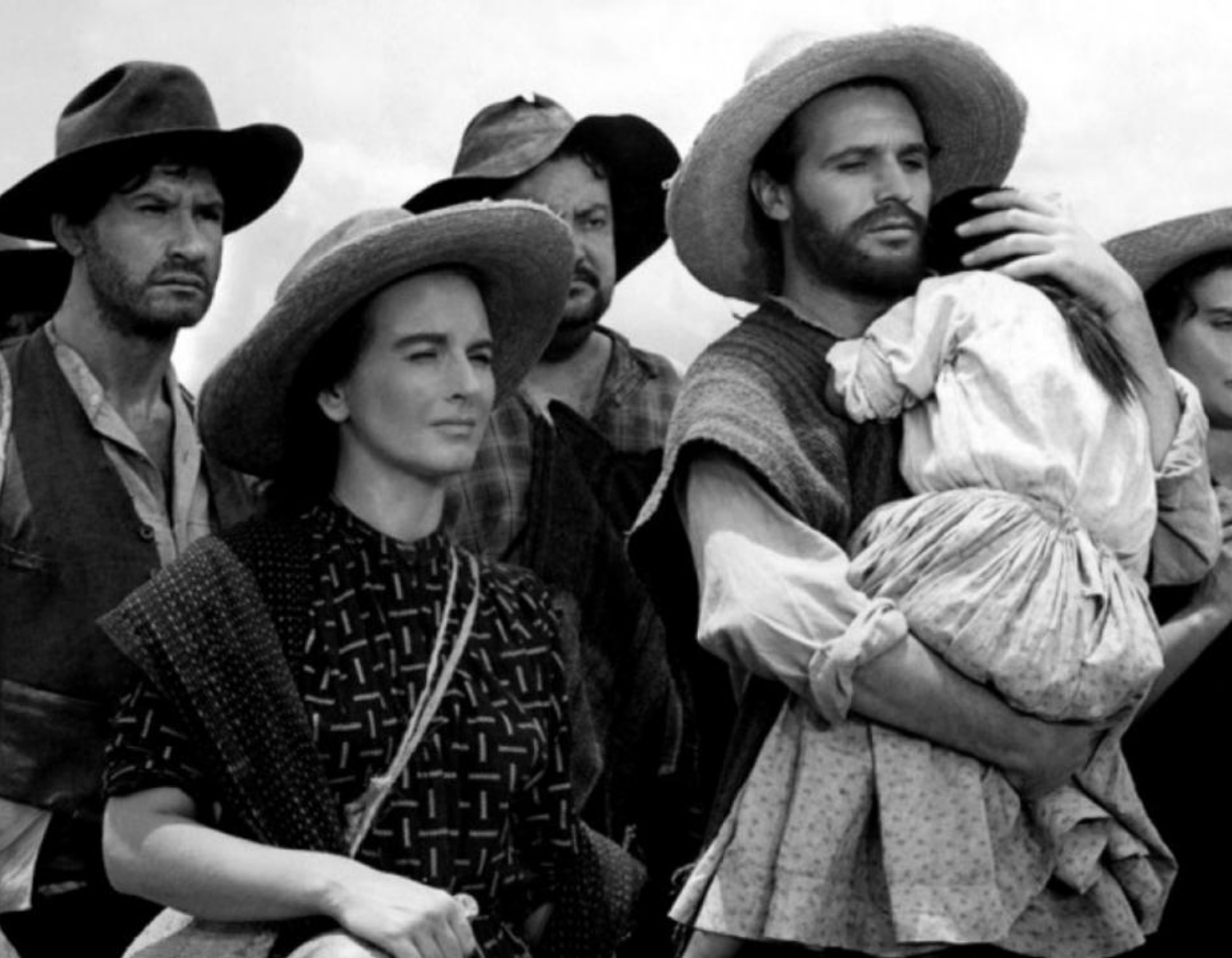
Nazarin
Read more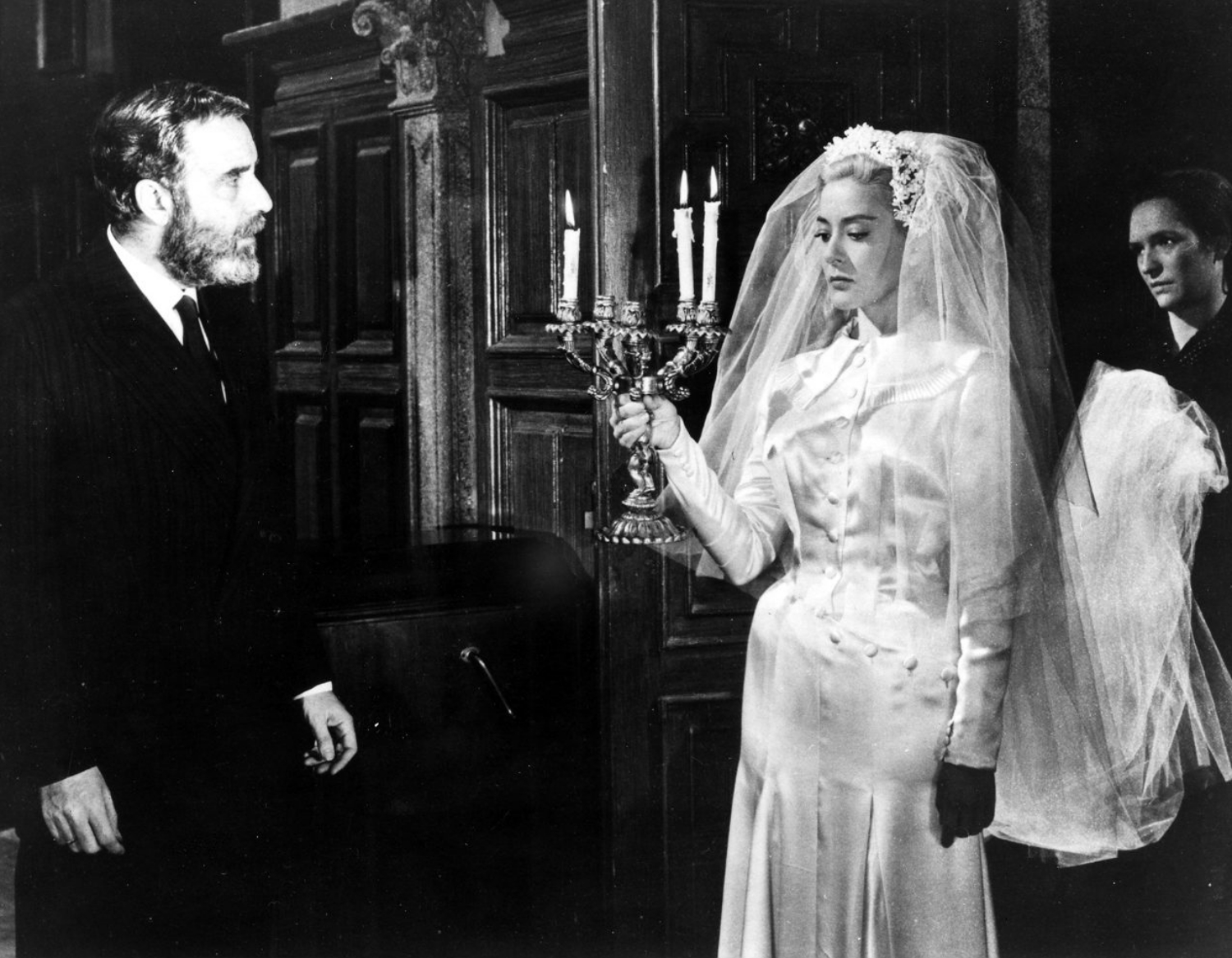
Viridiana
Read more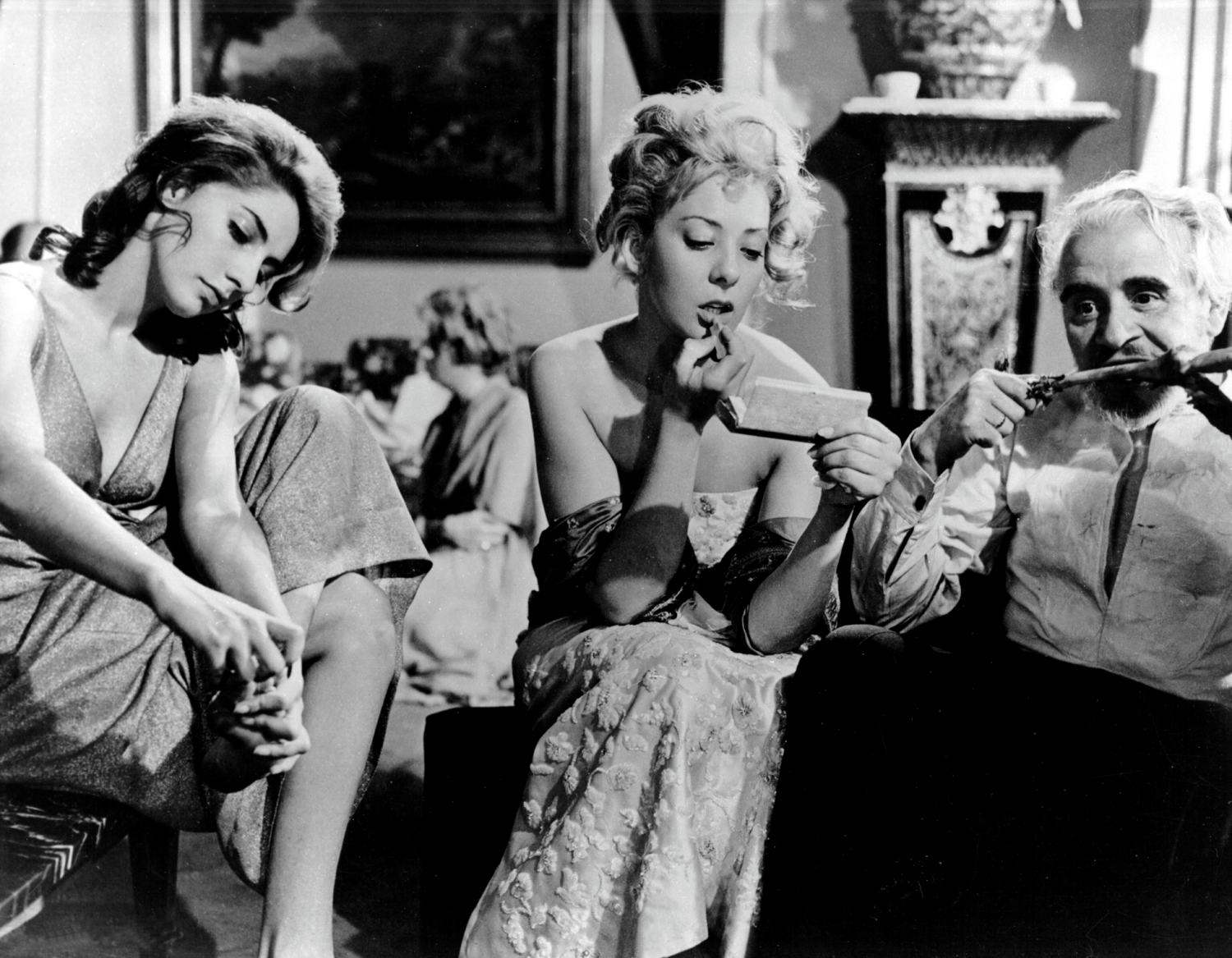
The Exterminating Angel
Read more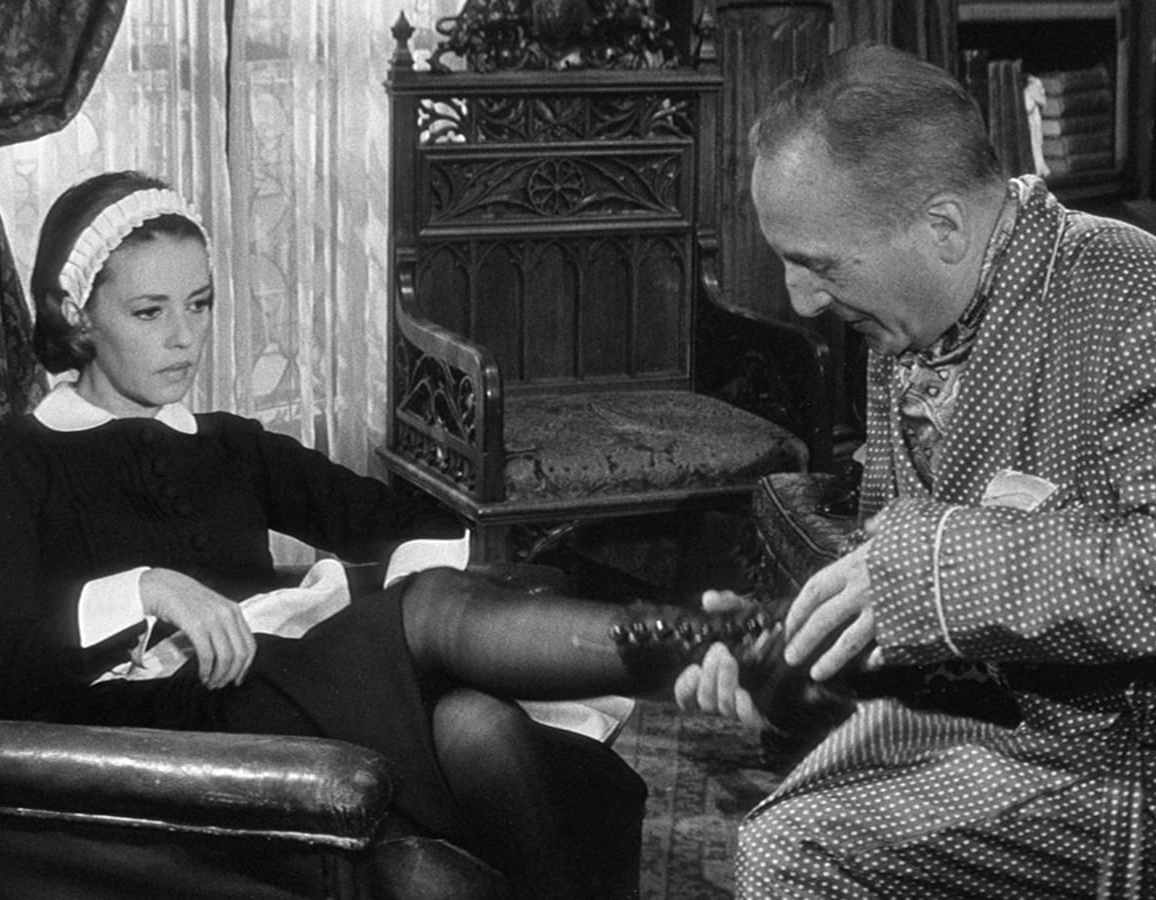
Diary of a Chambermaid (1964)
Read more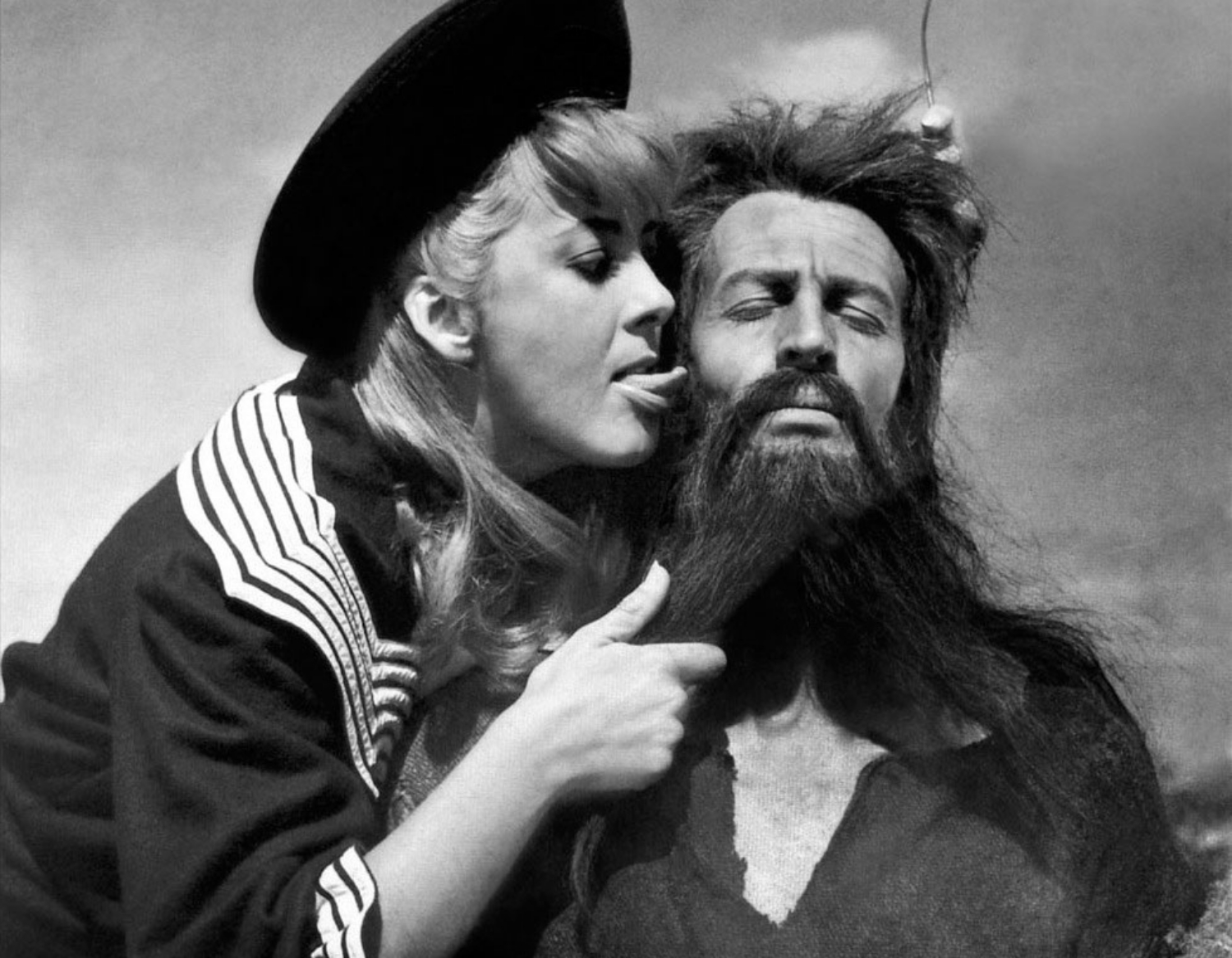
Simon of the Desert
Read more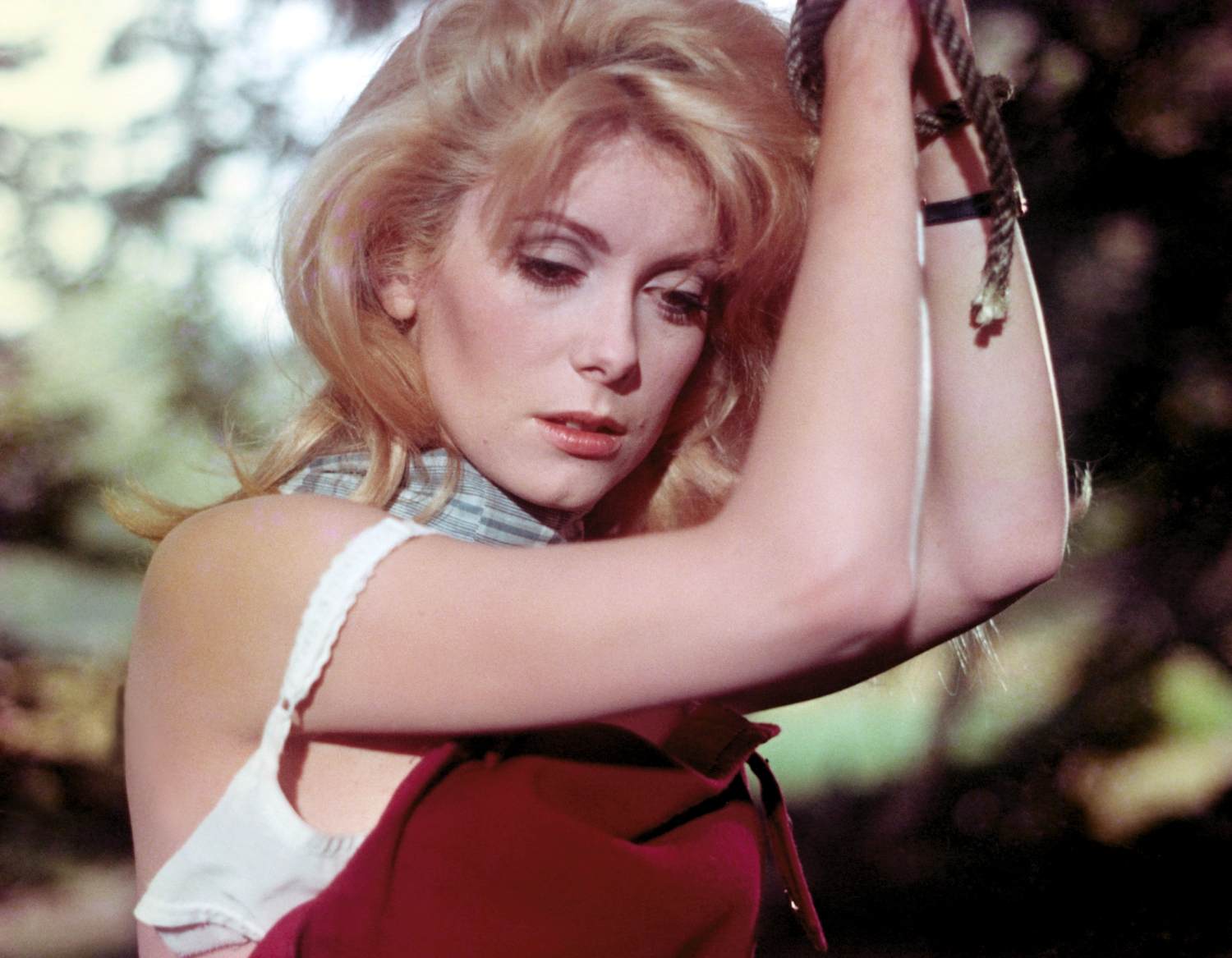
Belle de Jour
Read more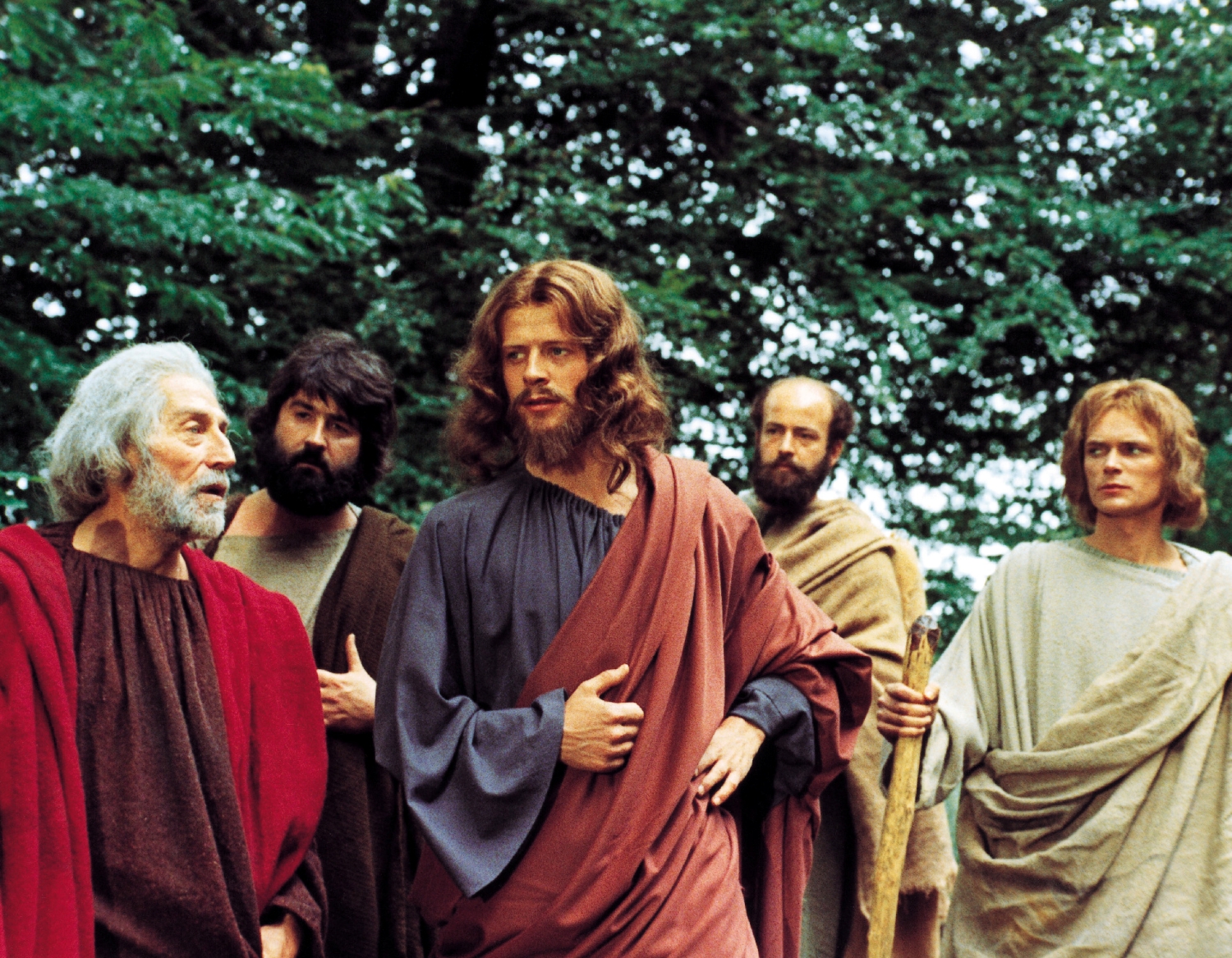
The Milky Way
Read more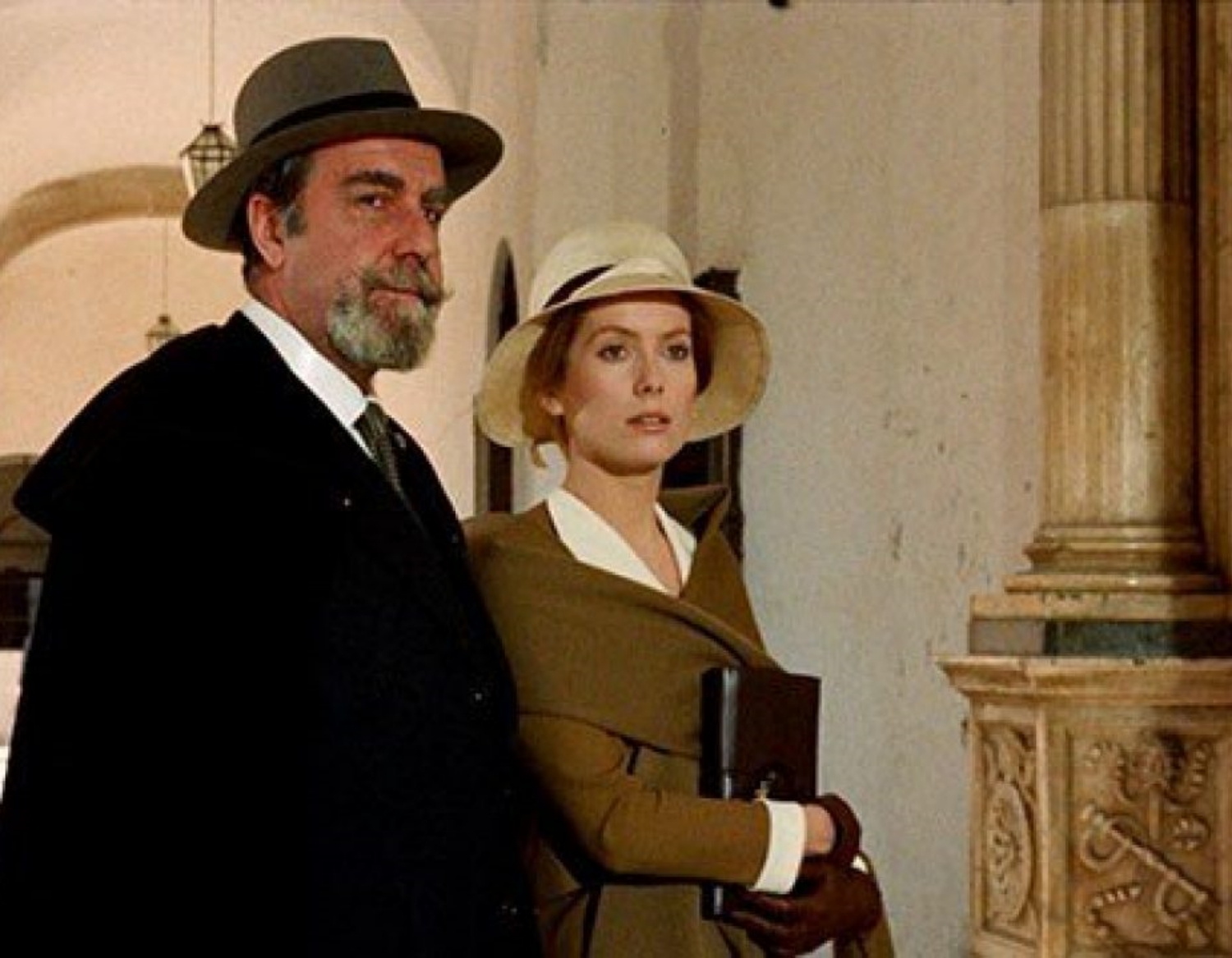
Tristana
Read more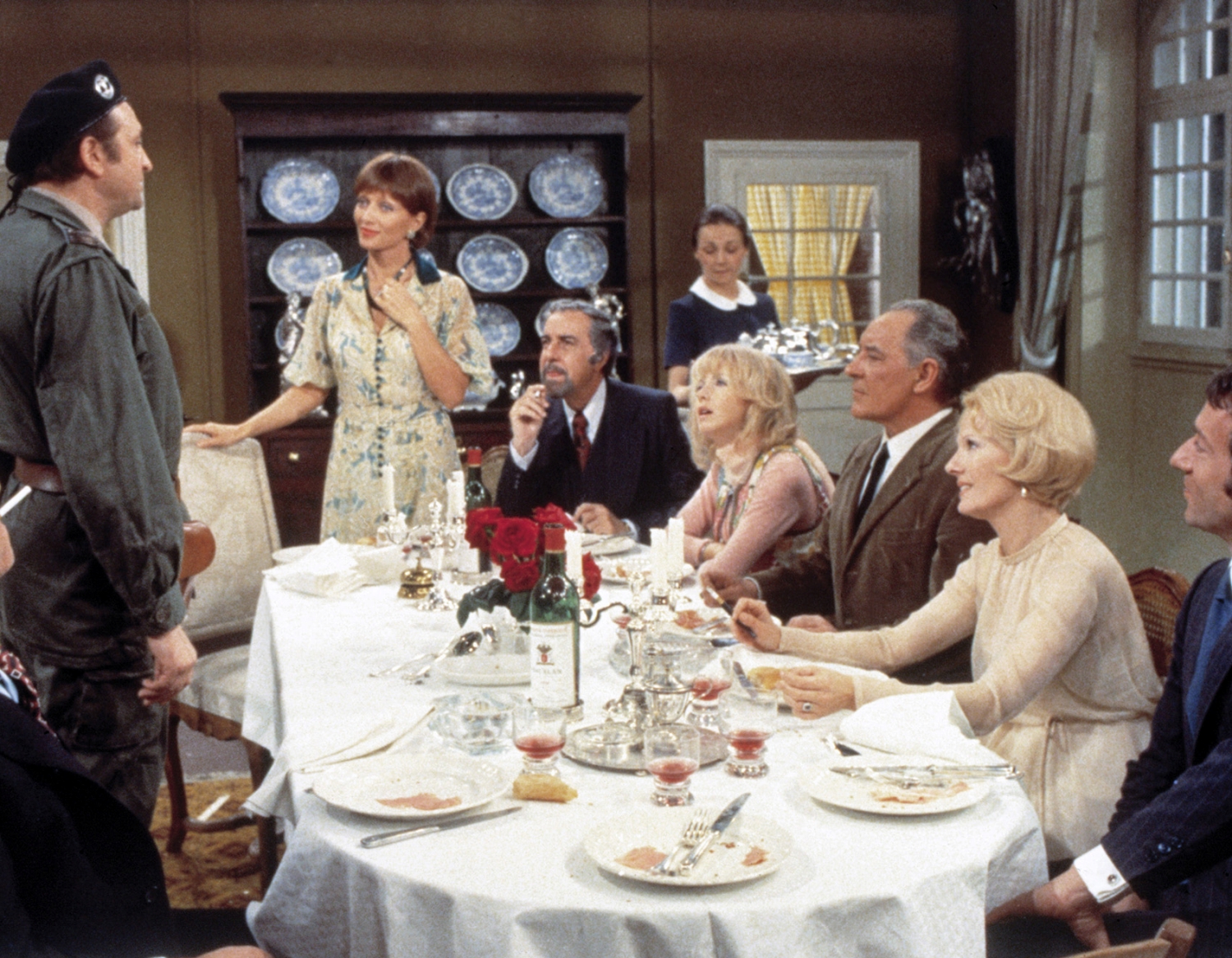
The Discreet Charm of the Bourgeoisie
Read more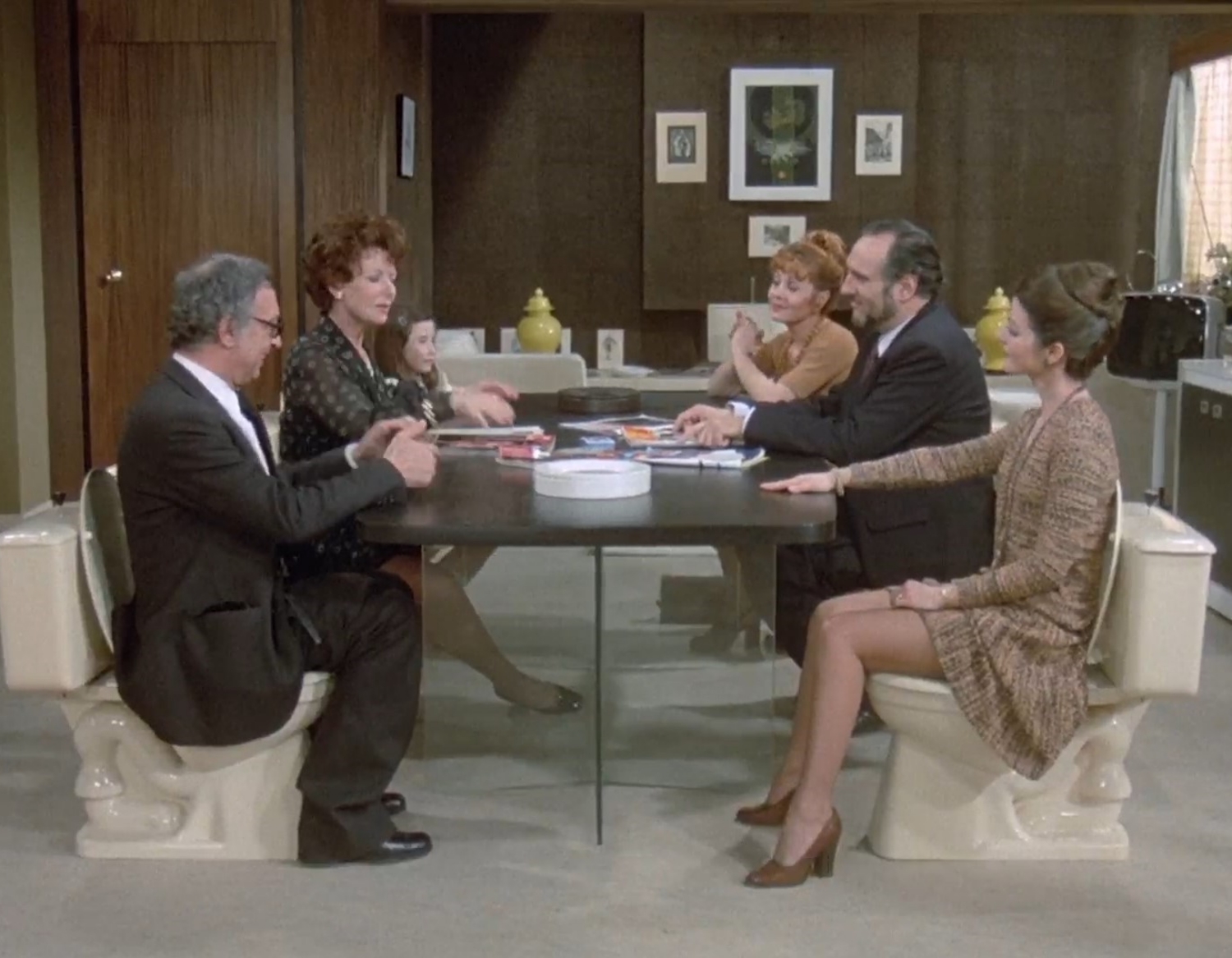
The Phantom of Liberty
Read more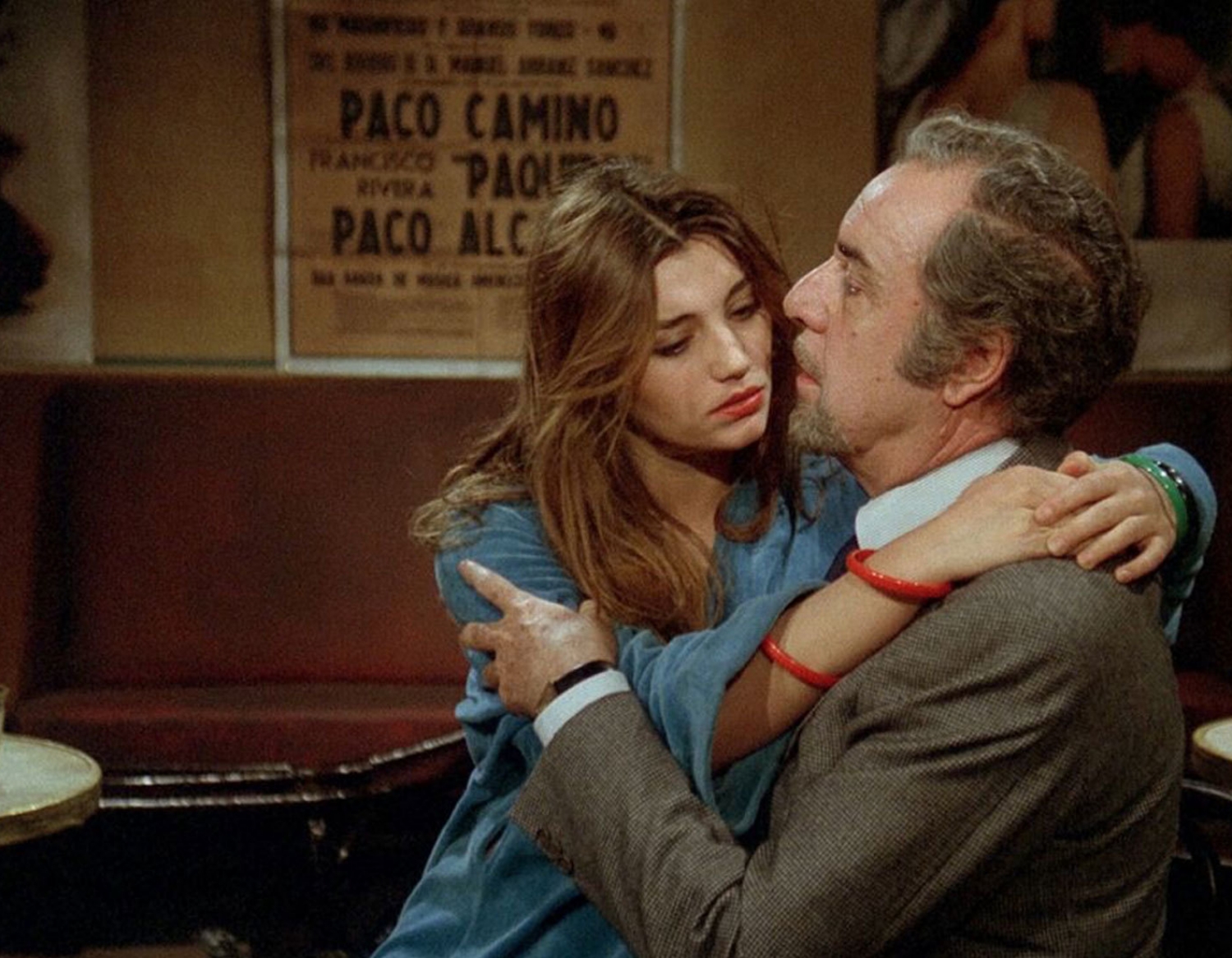
That Obscure Object of Desire
Read more
Breaking into the Playground: Auteurs of the MV Generation
The MV Generation hit a high note as a new creative power in the Hollywood dream factory. This breed of music video directors emerged in the '80s and '90s, and eventually moved into the world of feature filmmaking. A sensation in pop culture, videos augment the dynamics of songs to create electrifying audio-visual experiences that gained huge popularity during the '80s. From Michael Jackson's Thriller , a-ha's Take On Me to Madonna's Vogue, these music promos are turned into new culture force with their groundbreaking concepts and galvanising vibe.
The creative experimentation that MV allows, provides a fertile ground for a new generation of young directors, whose artistic expressions flourish to a far greater degree. Graduating from the 'other film school,' these adroit talents show their distinctive cinematic styles that are largely different from that of traditional filmmaking. Coming from the fast food generation, they excel in fusing sound and visual to create stylised works in mass quantity. Constructing their worldview ingrained in pop culture, they form an idiosyncratic MV aesthetics, opening up new frontiers of storytelling with visual flair and creative vigor.
Moving on to the big screen, these helmers bring in their reflections on feature filmmaking. With a gaming mindset, while engaging in pop culture with a serious attitude, they venture into new forms of narrative and unleash a surge of wildly imaginative and fascinating ideas. Formerly a visual effect assistant at ILM (Industrial Light and Magic), David Fincher co-founded Propaganda Films, enlisting Spike Jonze and Michel Gondry to direct MVs. Together with Paul Thomas Anderson who emerged from independent cinema, these mavericks usher in a tremendous impact on Hollywood with their strong, distinctive flair.
Playwright Charlie Kaufman came in perfect timing to provide the most important ingredient into the mix. His visual imagination and oddball sensibility make him an ideal match for Jonze (on Being John Malkovich and Adaptation. ) and Gondry (on Human Nature and Eternal Sunshine of the Spotless Mind ). On the other hand, Fincher's darkly alluring visuals perfectly complement his adaptation in Fight Club and Zodiac . And from his debut Boogie Nights , Paul Thomas Anderson started his exploration on narrative structure, achieving his grand slam of best director in Cannes, Venice and the Berlinale.
'I thought maybe you were a nut. But you were exciting.' This line from Eternal Sunshine of the Spotless Mind exemplifies the works of these four MV auteurs: by subverting Hollywood's conventional form of storytelling, they left their footprints in the history of cinema. Only when the four walls are torn down, we can see new possibilities arise.

